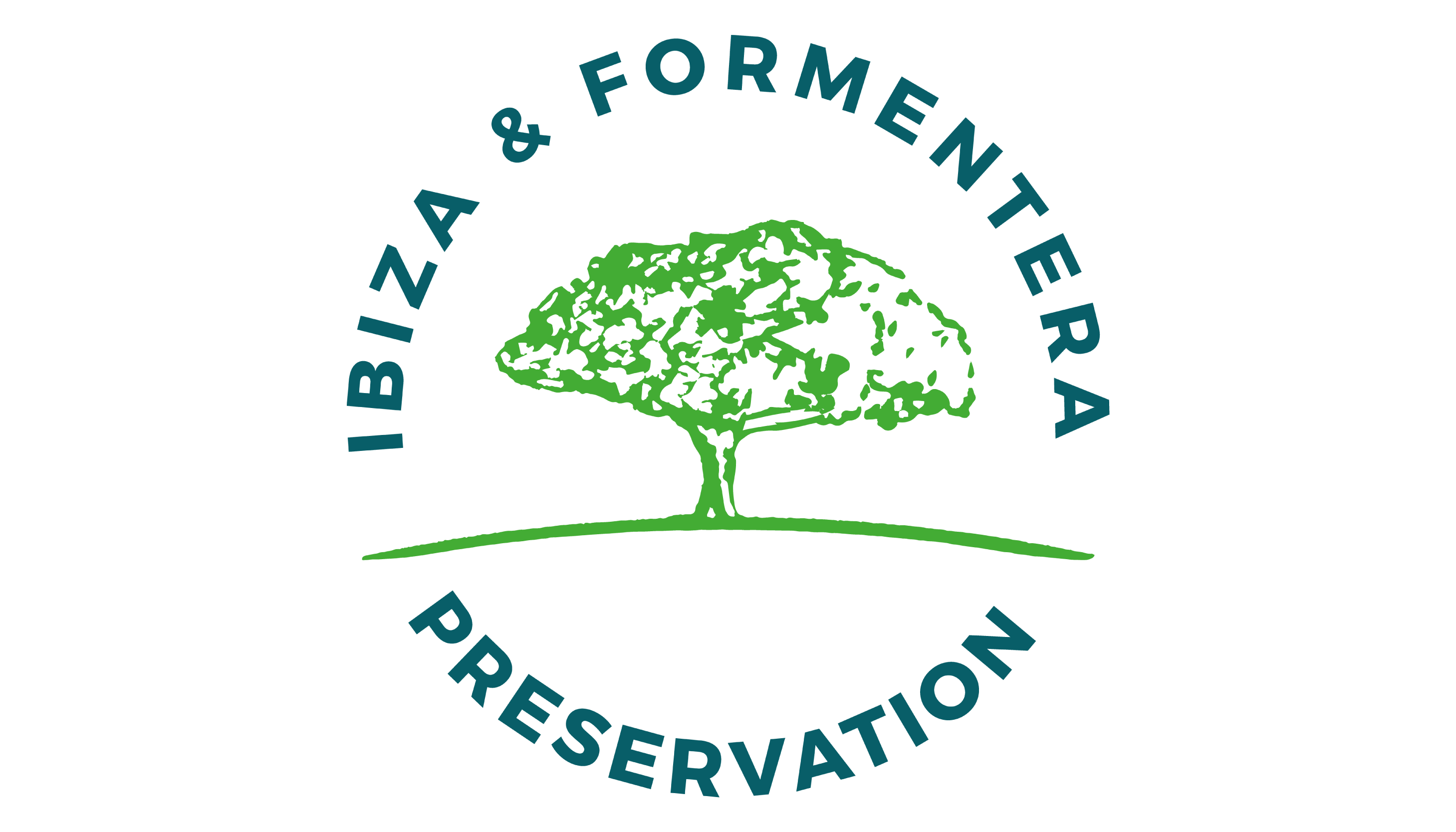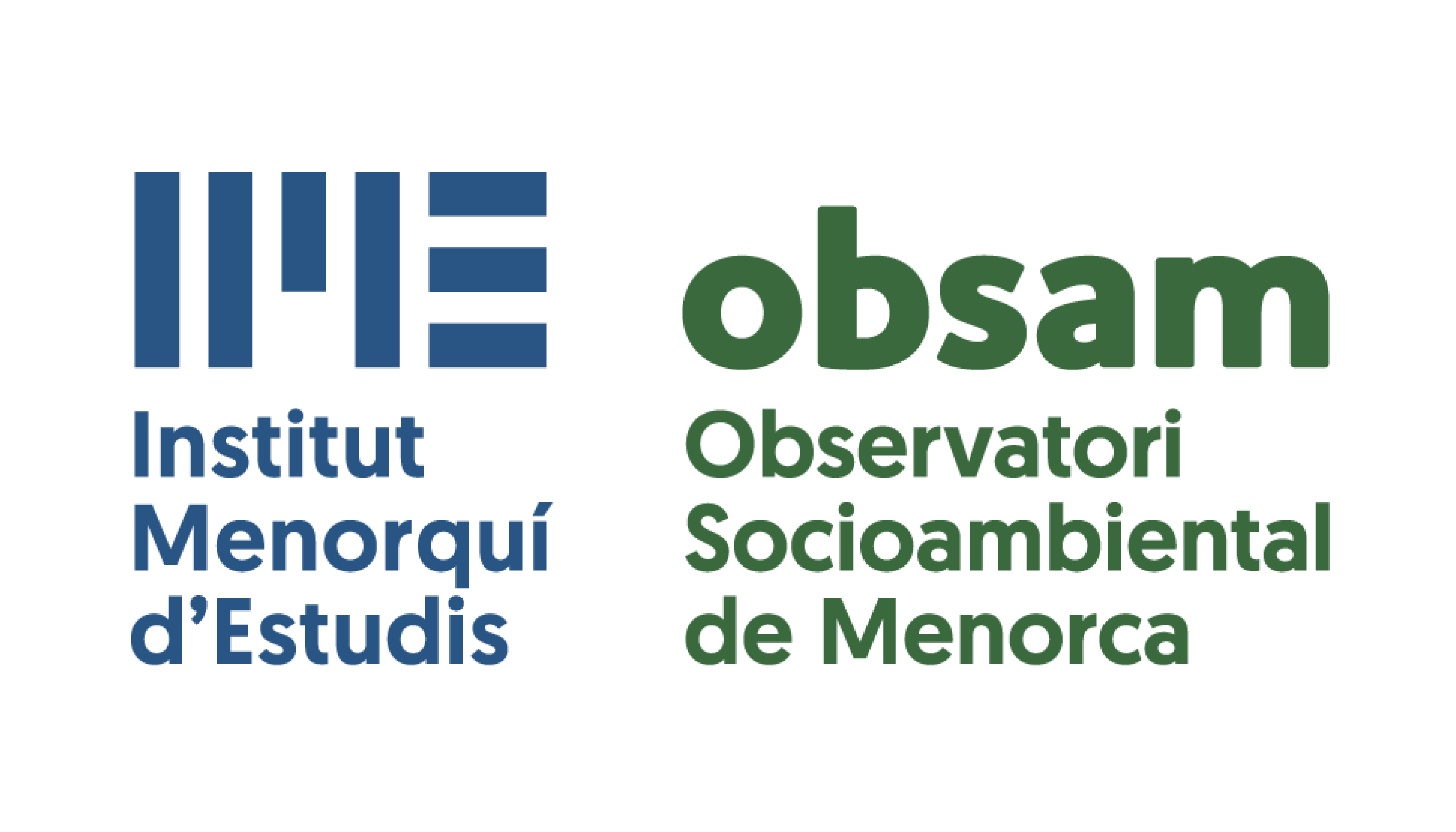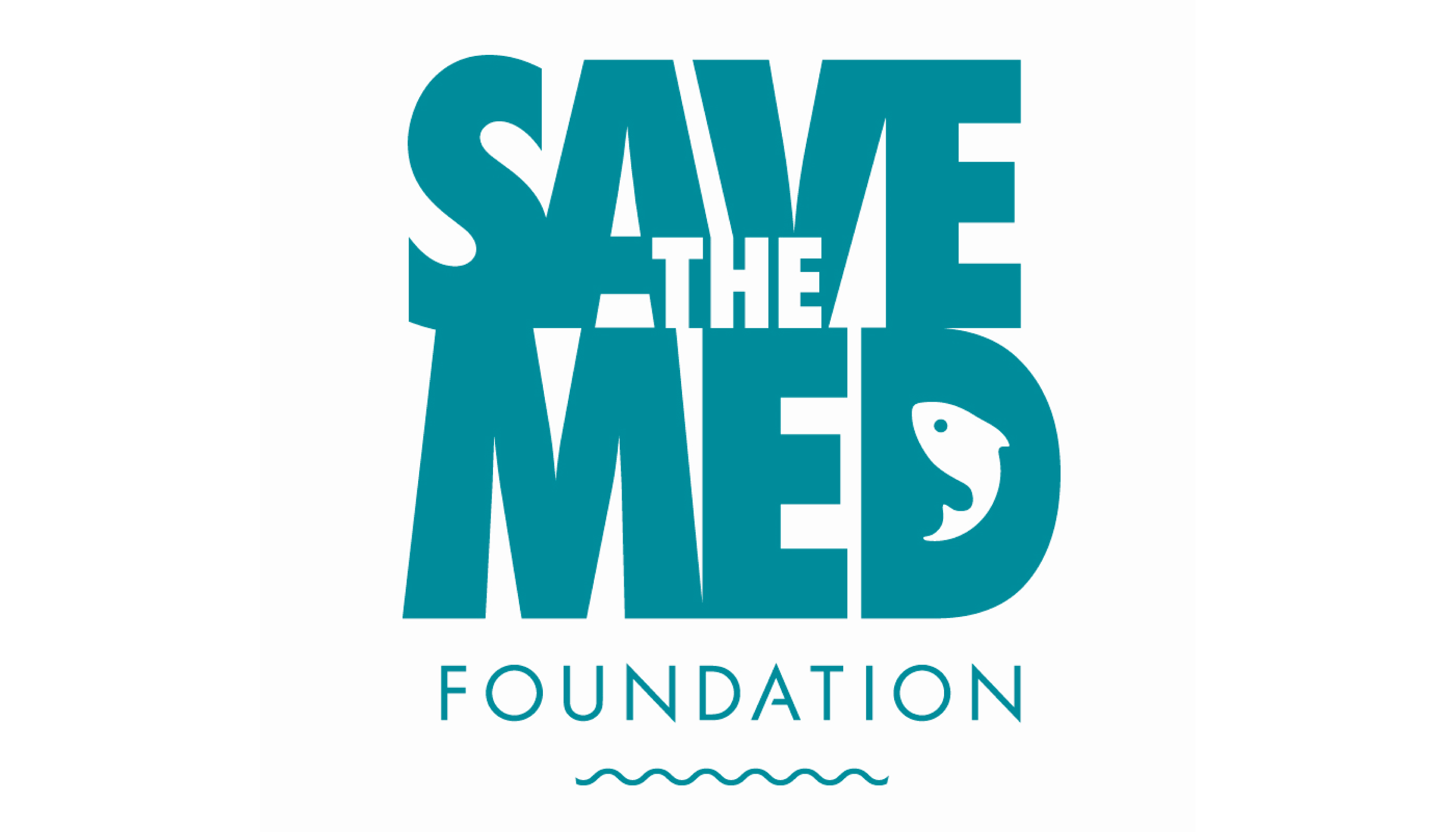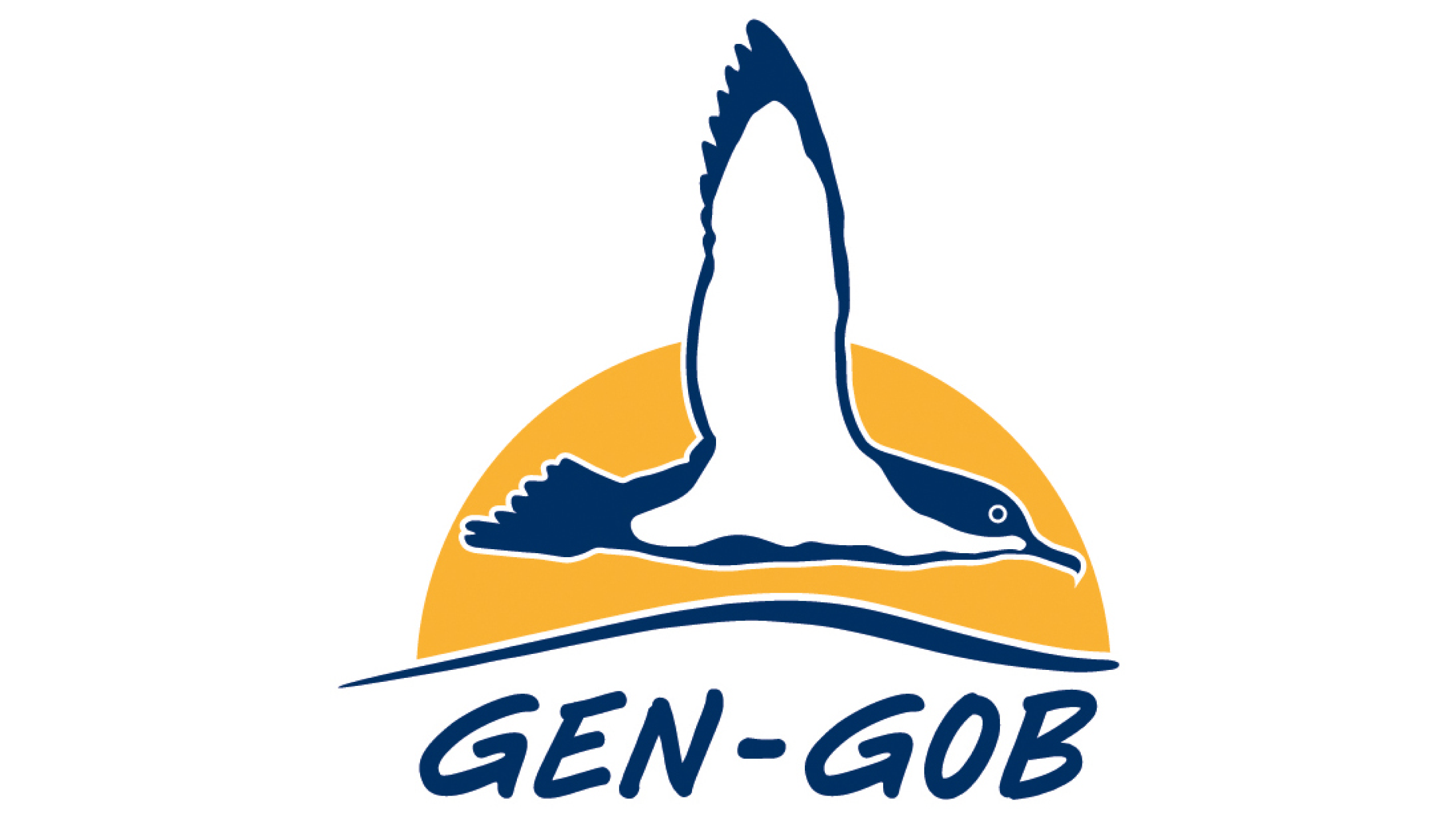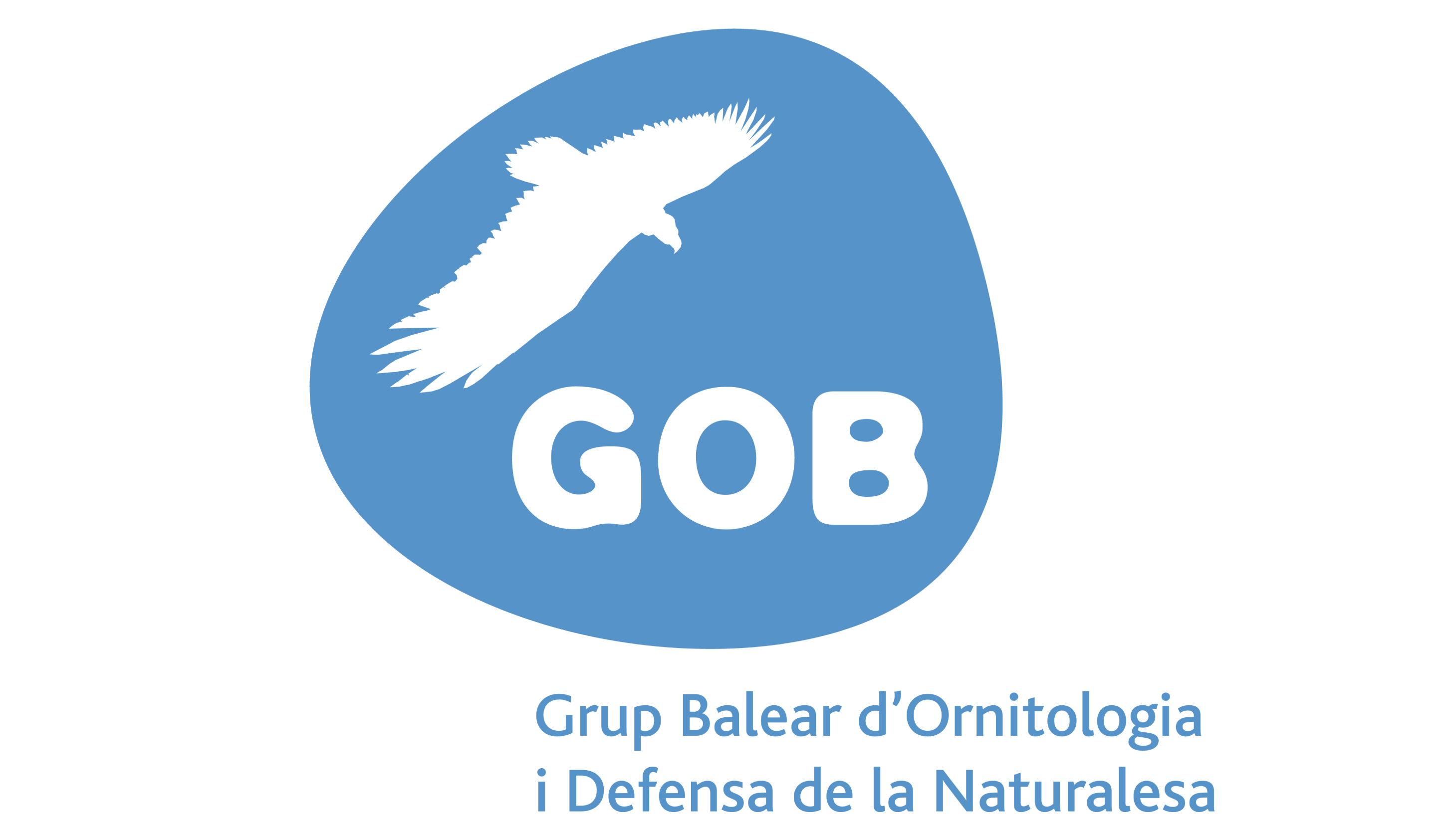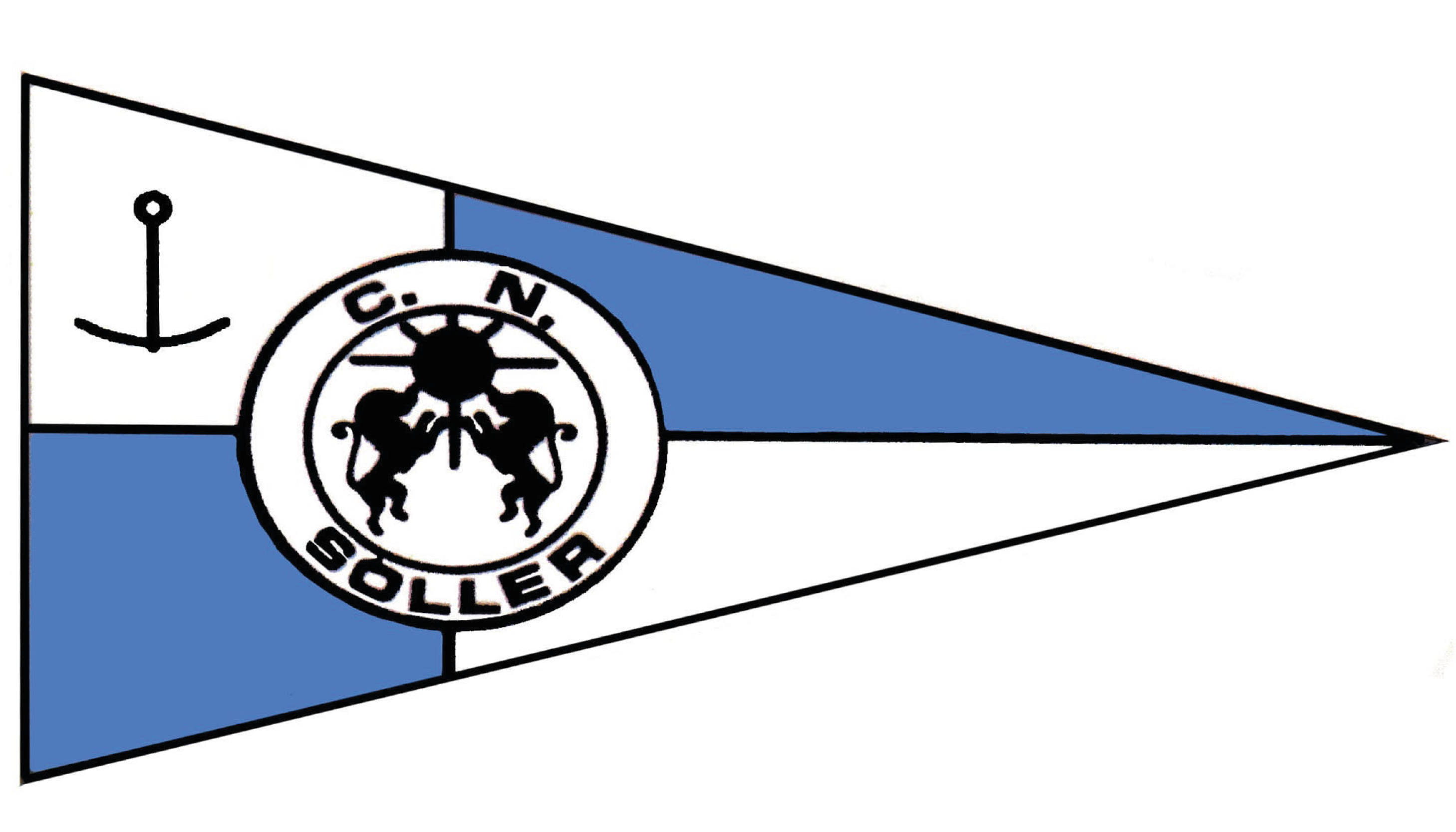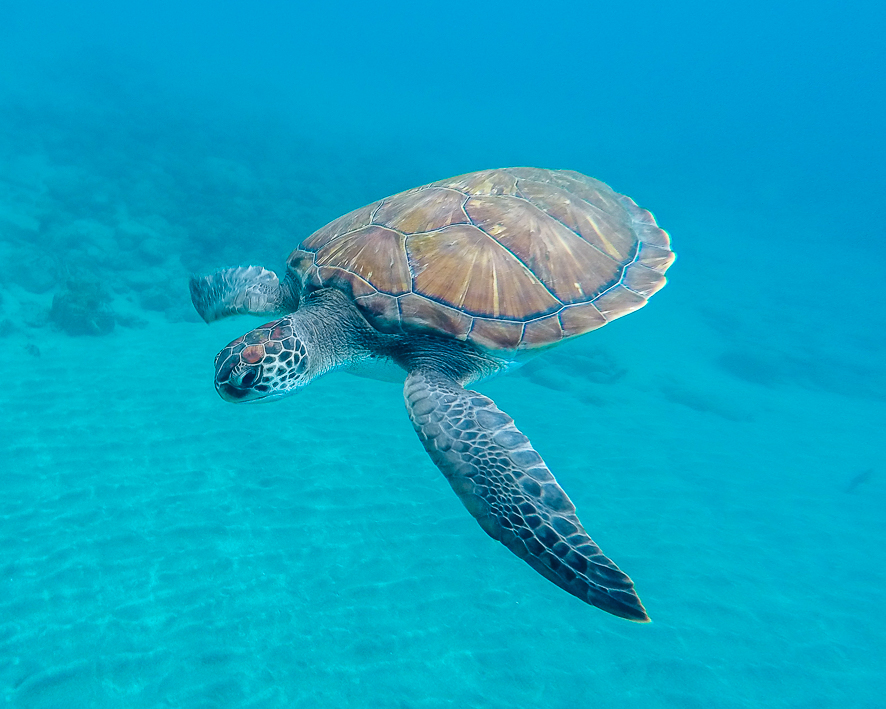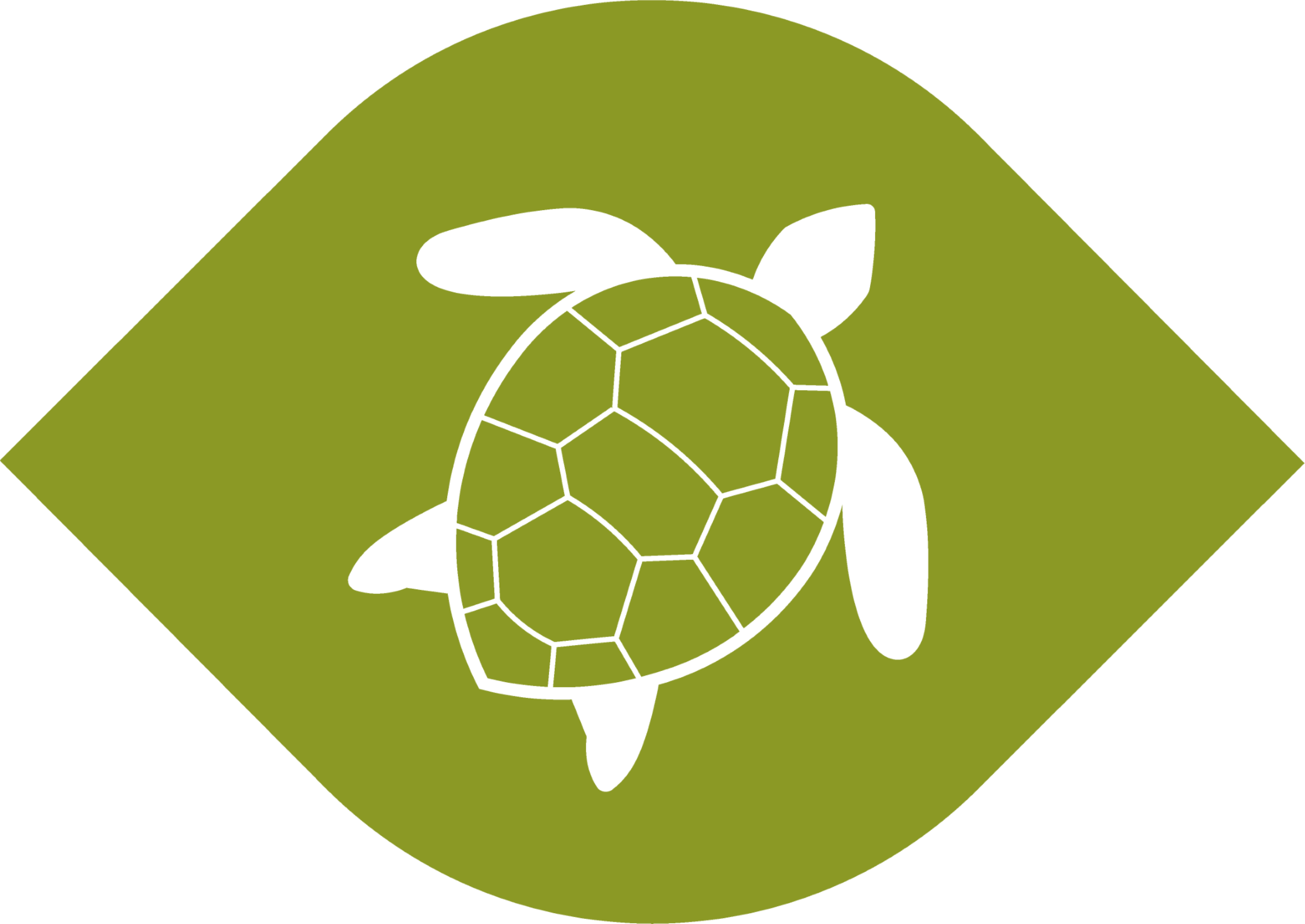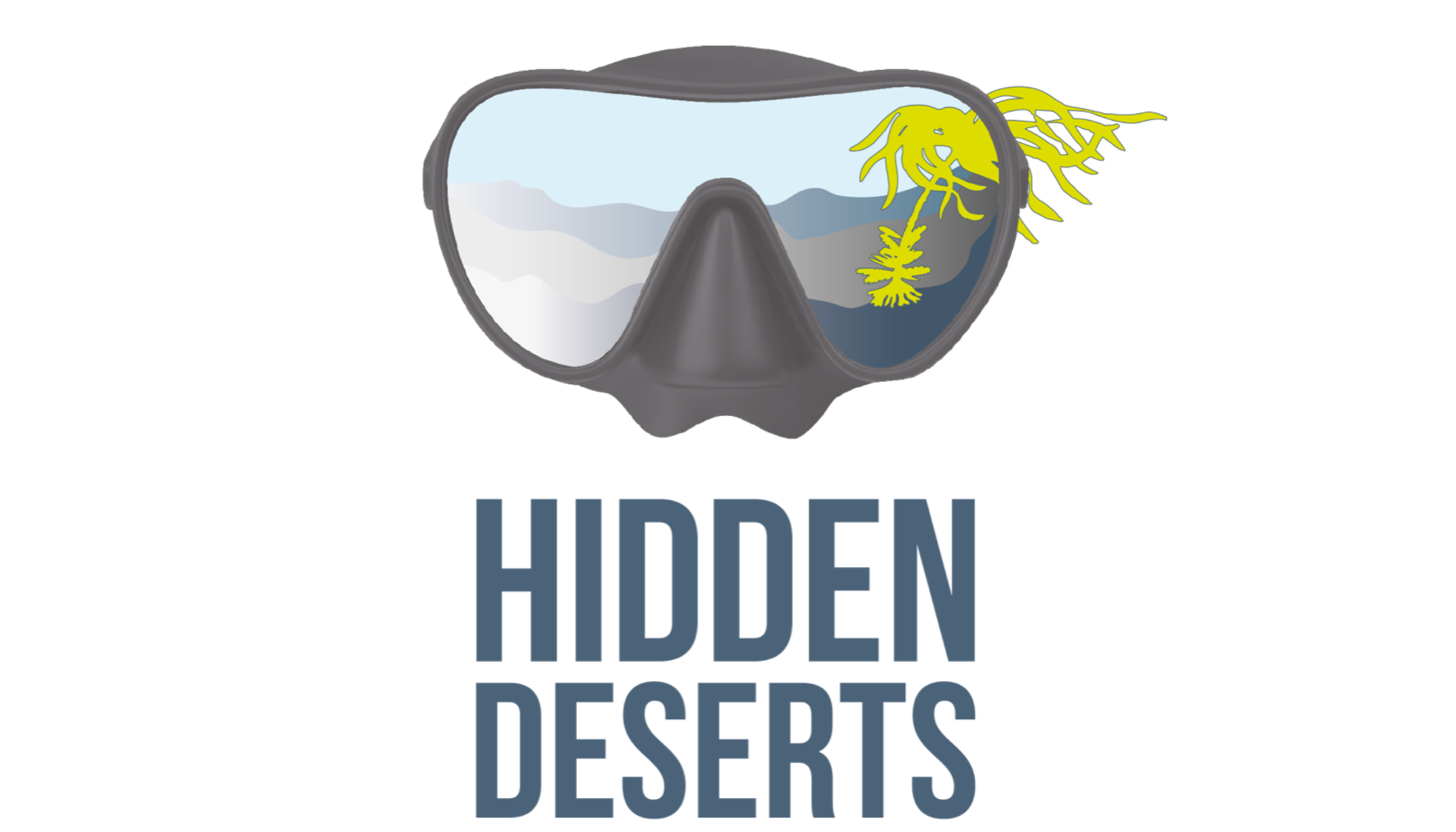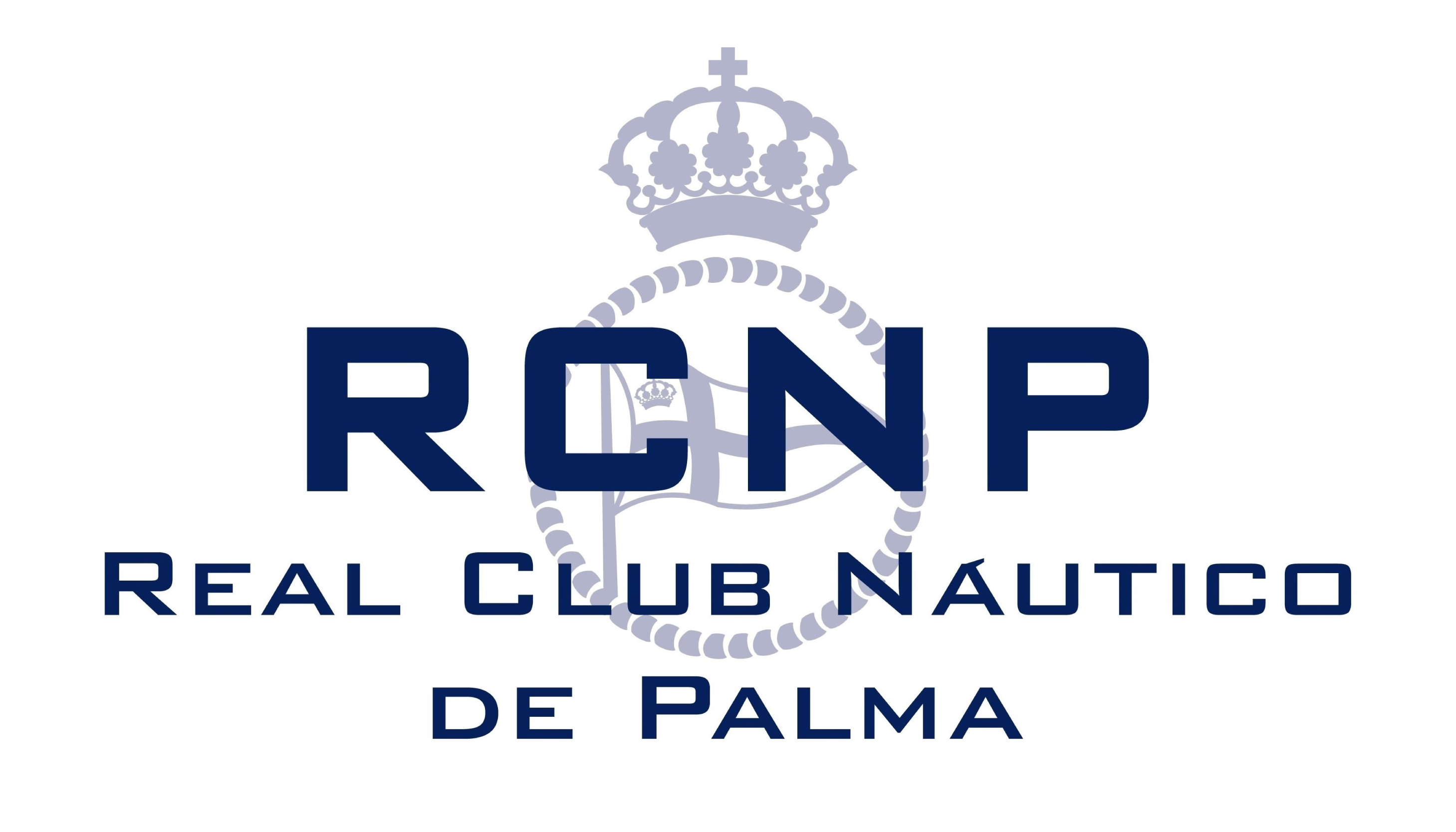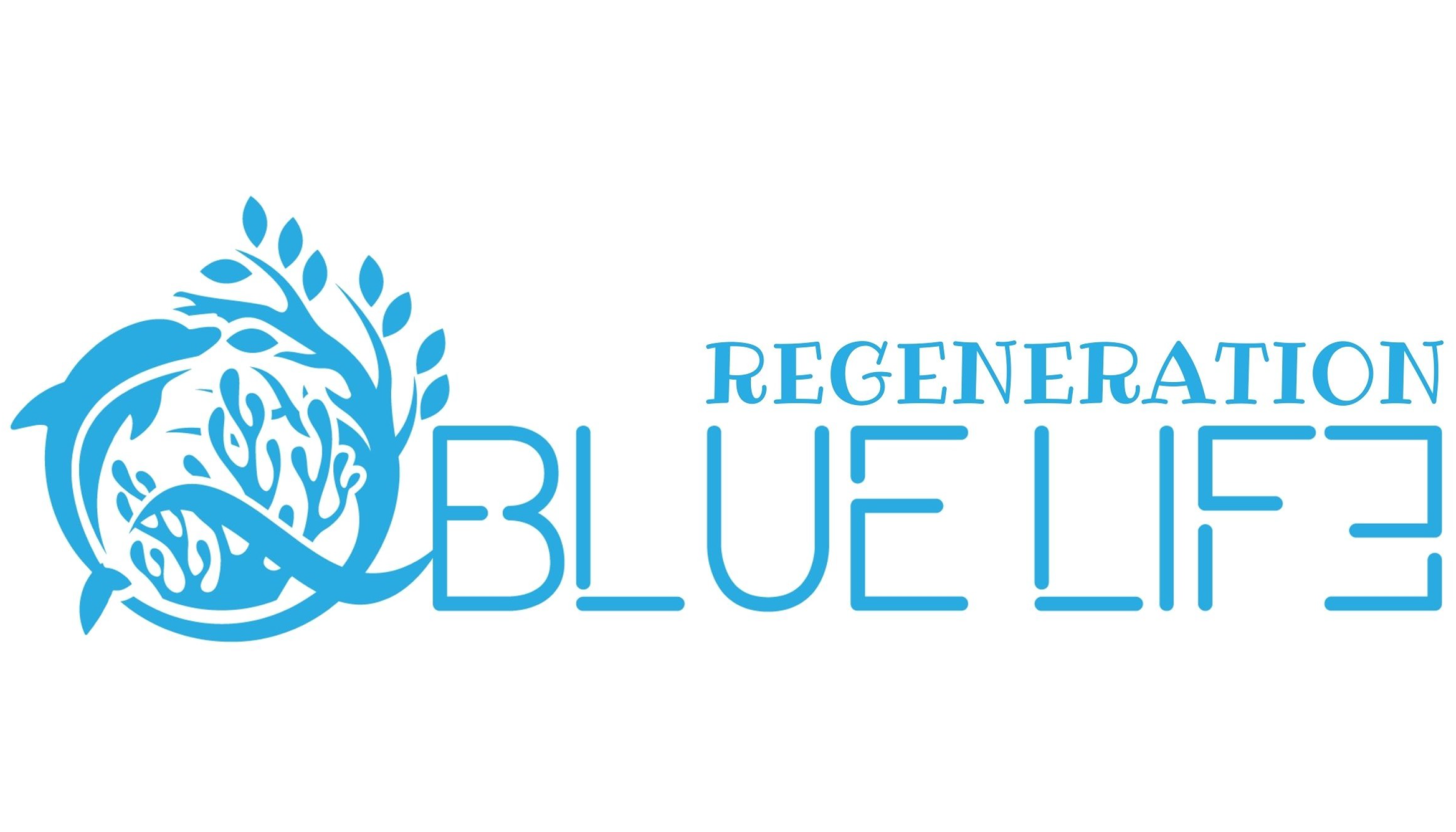es única
Tú puedes estar en el lugar y el momento precisos para hallar evidencias que escapan al alcance de la comunidad científica.
Comprender la transformación del medio marino necesita de la implicación ciudadana.
Descubre los proyectos de Observadores del Mar y lo que puedes hacer por la ciencia marina.
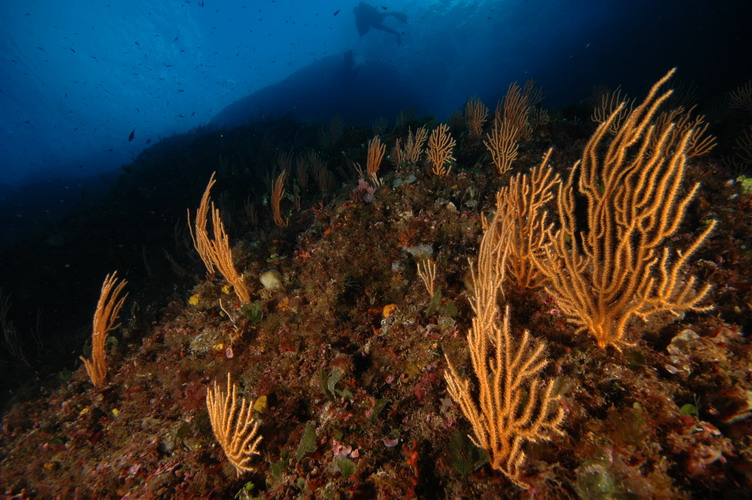
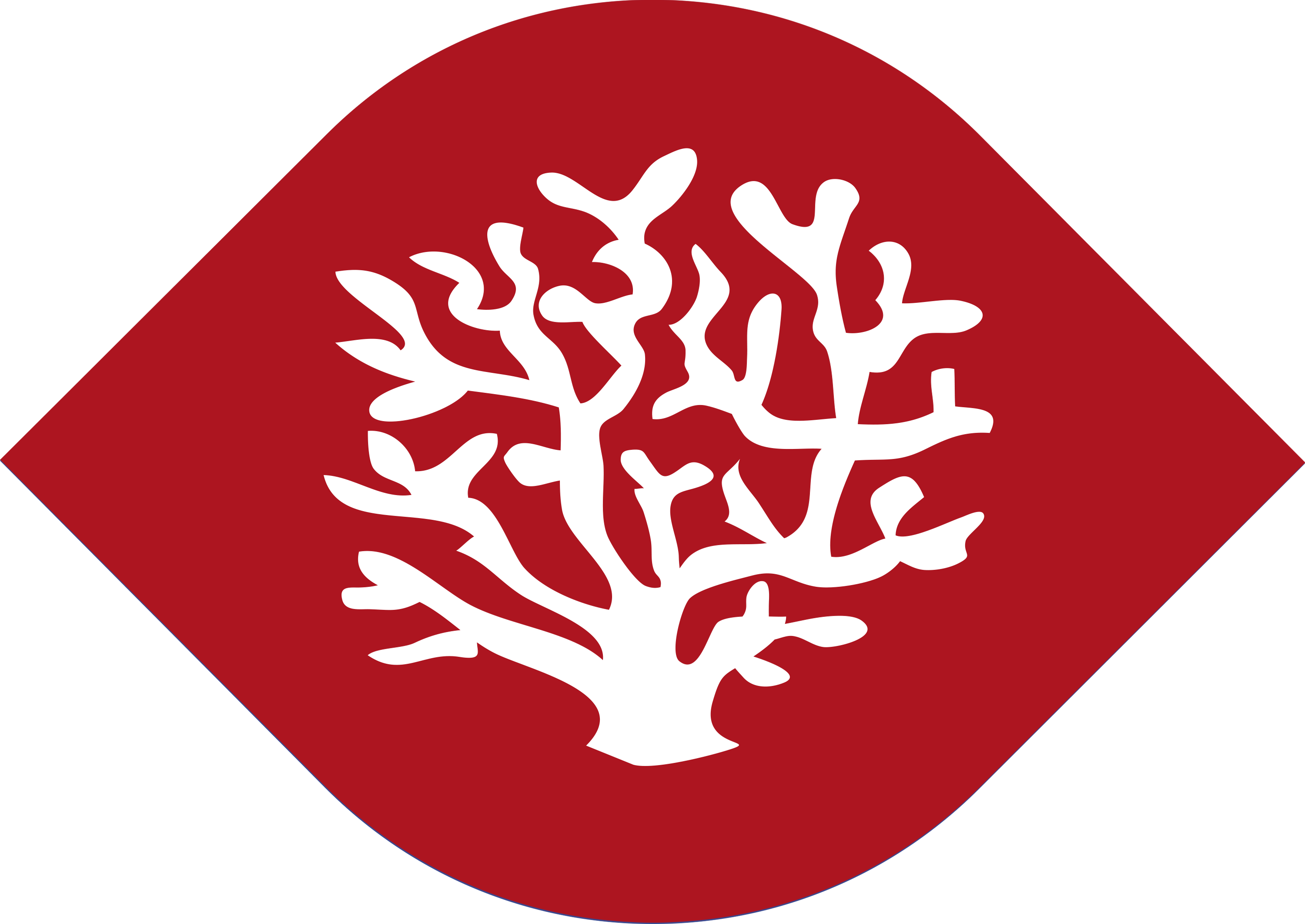
El calentamiento global está causando mortalidades en masa en corales y gorgonias, y cambios en su distribución geográfica y en su época reproductiva. Detecta signos de su impacto.
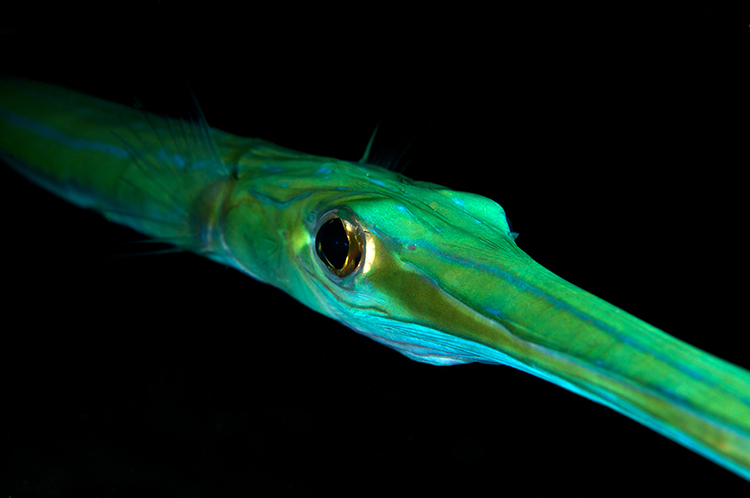
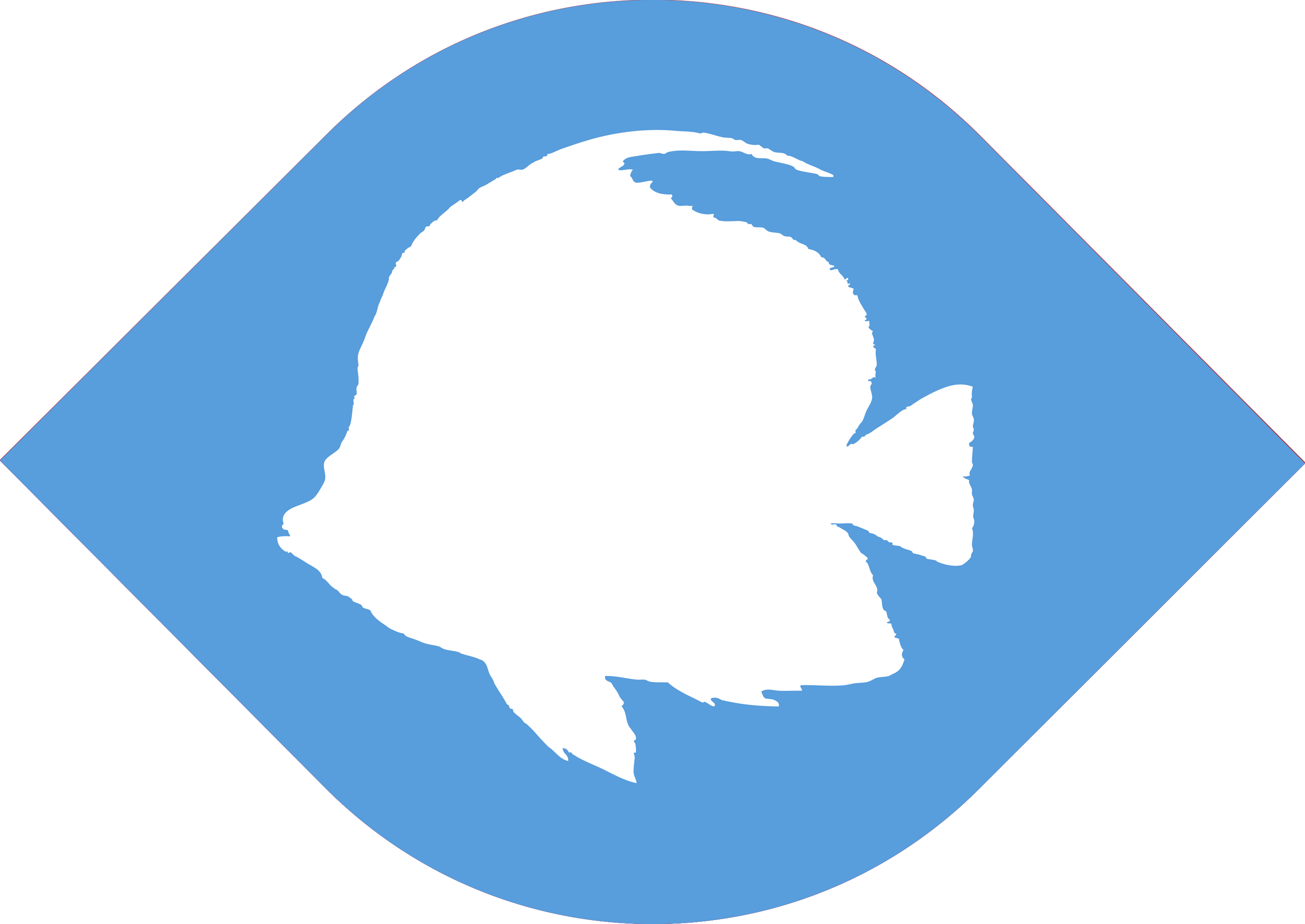
La llegada de peces exóticos puede alterar el equilibrio ecológico y la biodiversidad de la zona de acogida. Identifica especies invasoras y contribuye a su seguimiento.
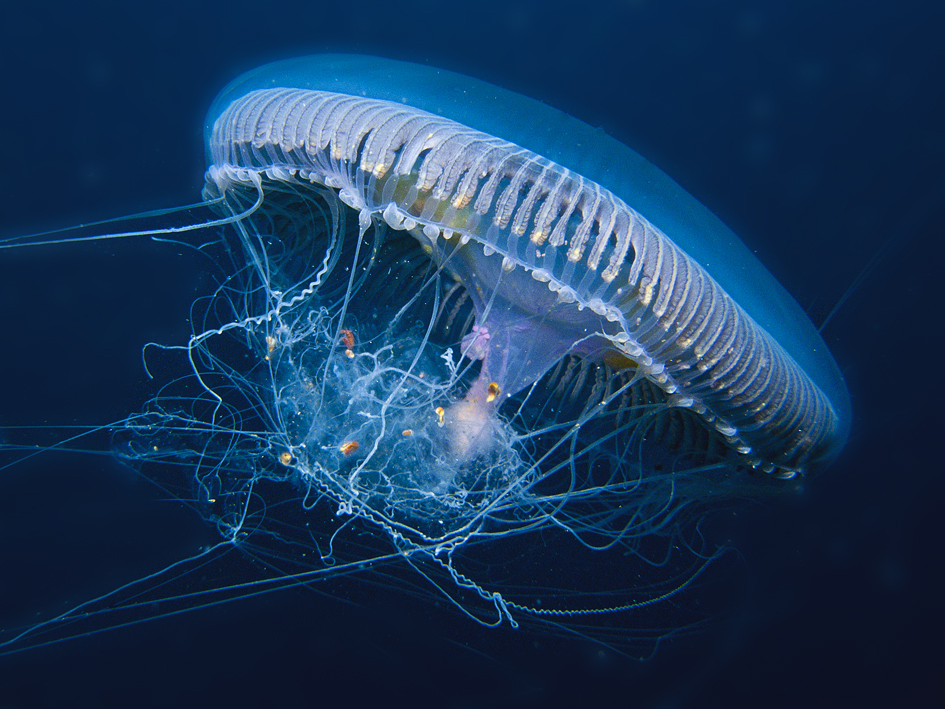
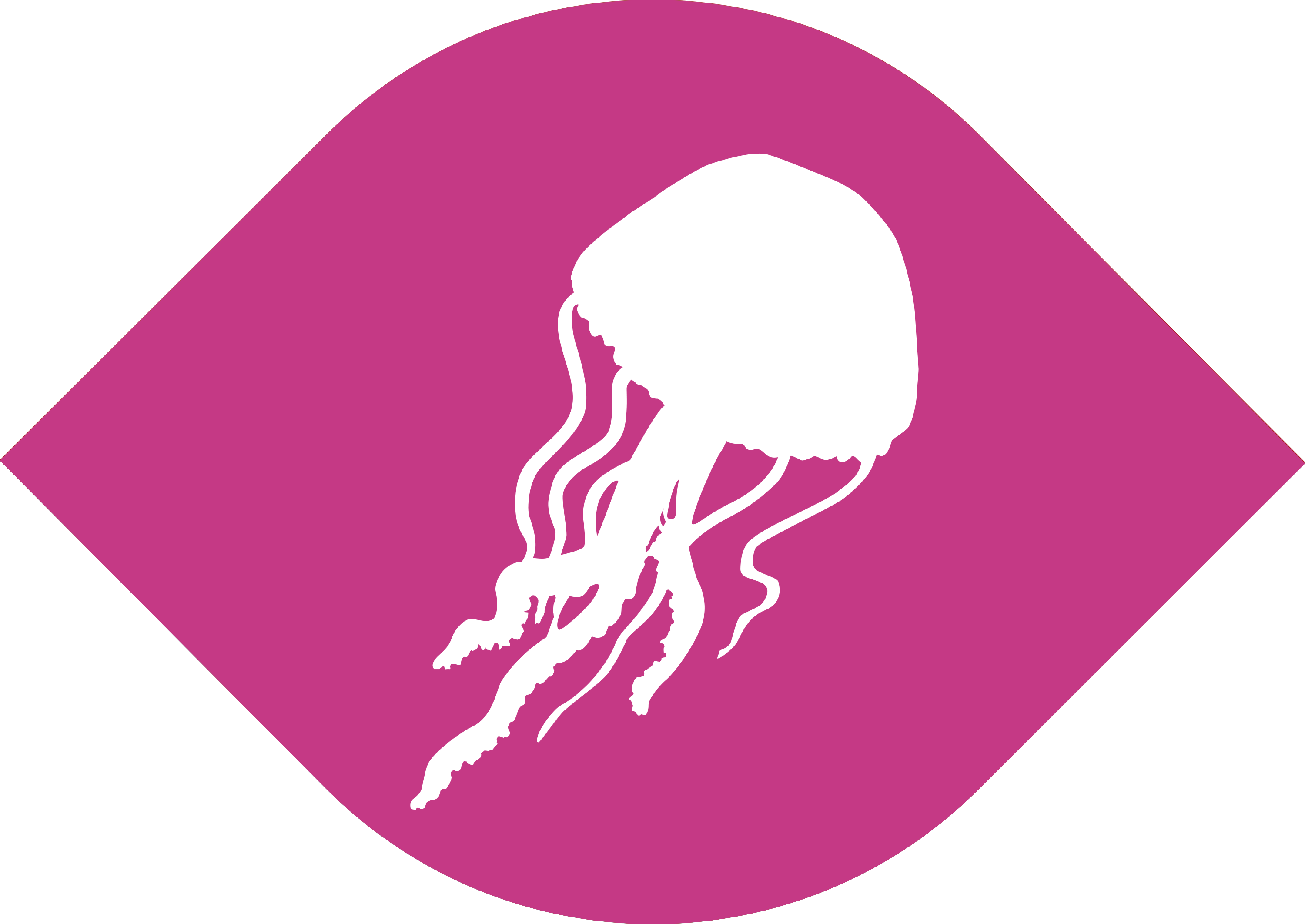
Informa de la presencia y abundancia de medusas. Recoge evidencias de la dinámica de sus episodios de proliferación en las costas y la llegada de nuevas especies para tomar medidas de actuación.
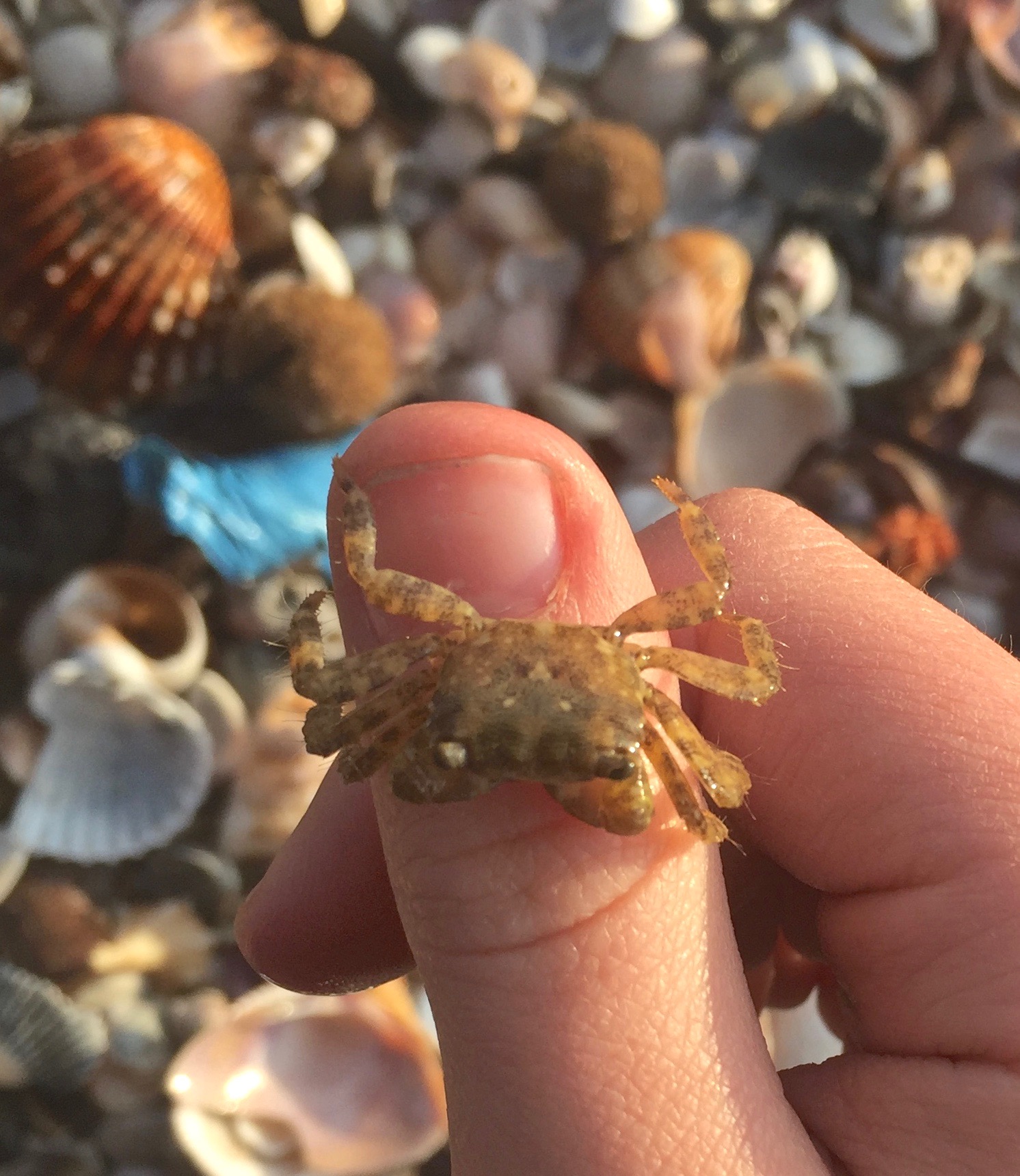
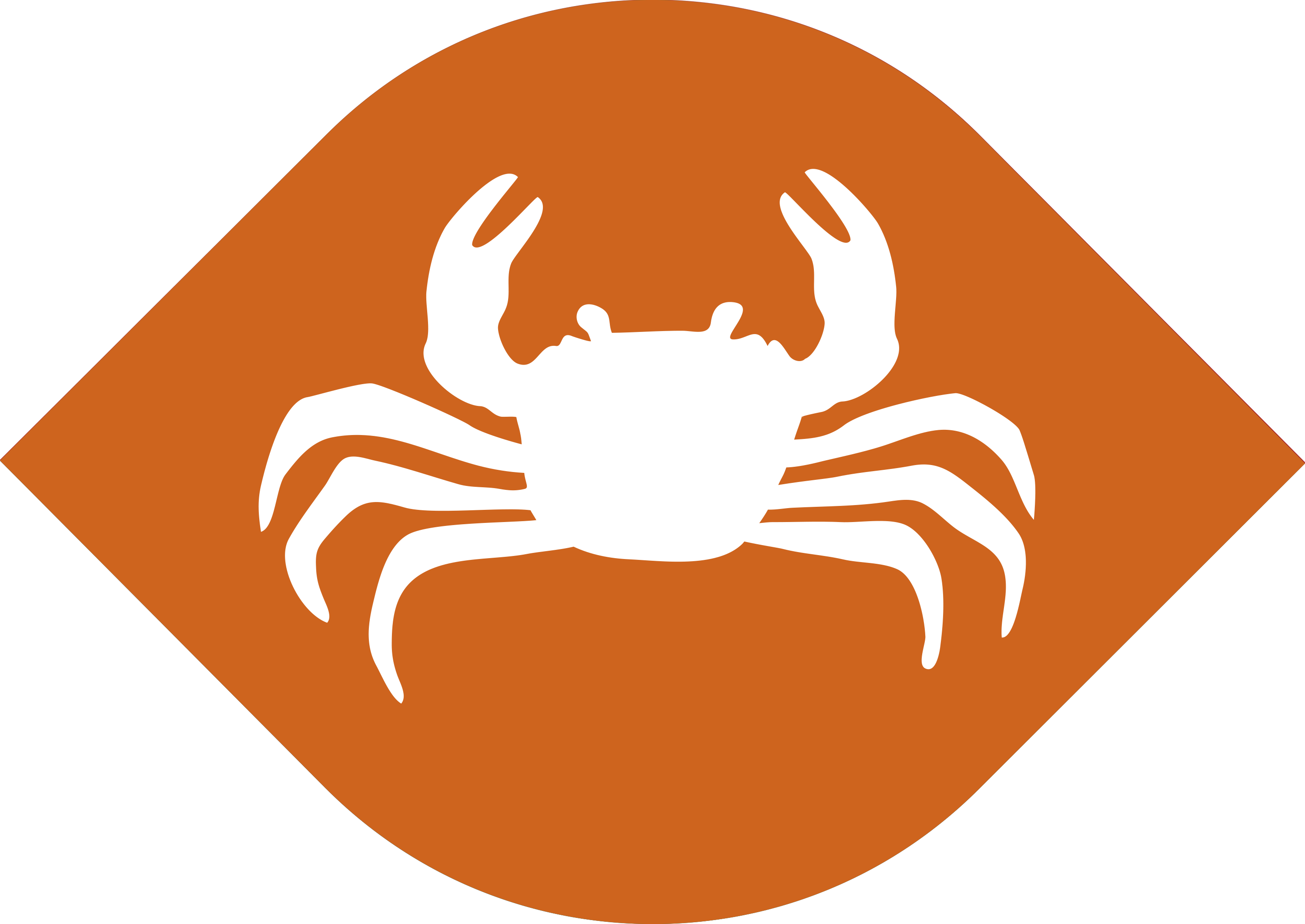
En la costa o bajo el agua, fotografía cangrejos, gambas, camarones y otros decápodos en su hábitat para estudiar su biodiversidad, sus variaciones en el tiempo y las causas de dichos cambios.
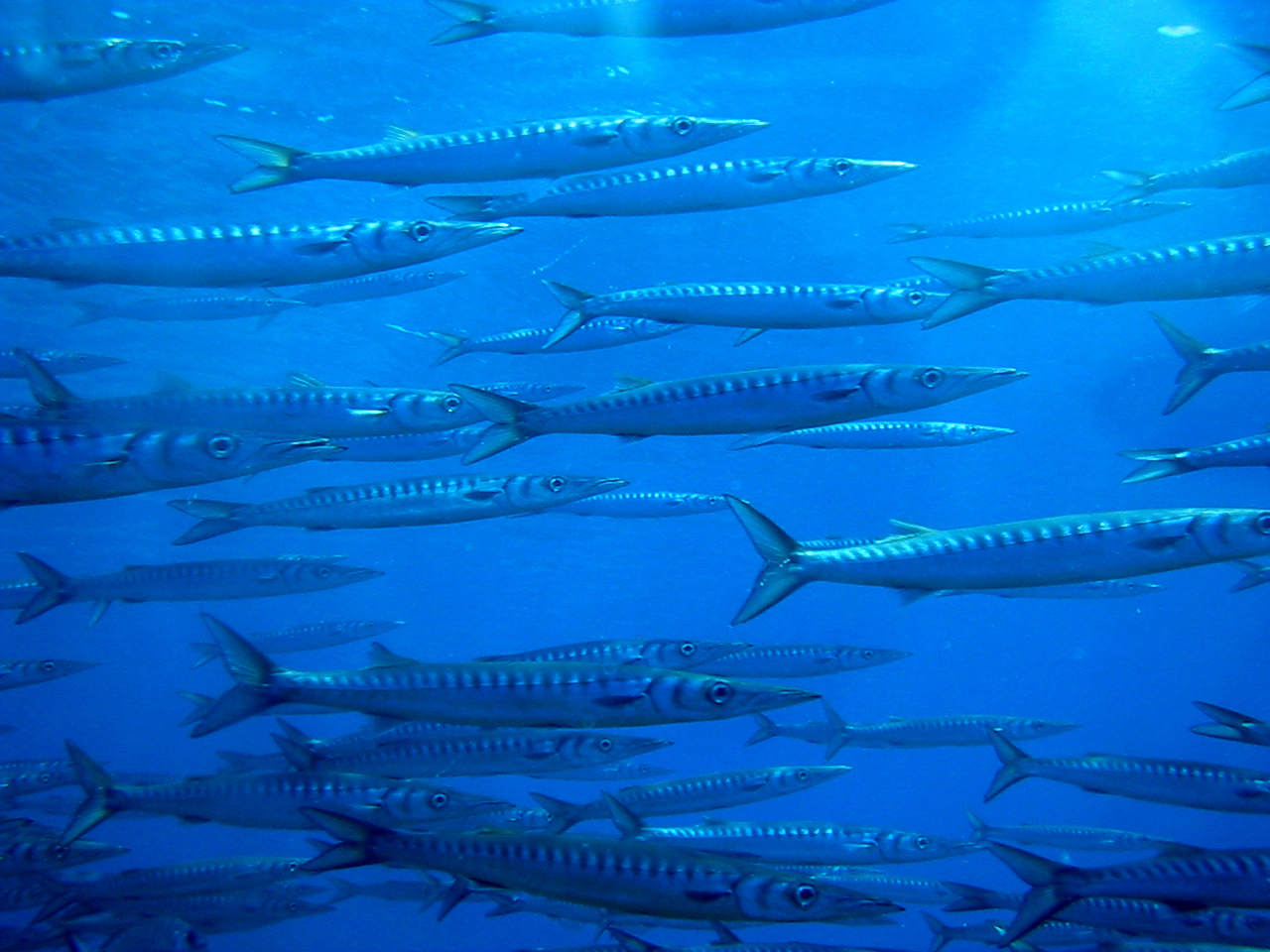
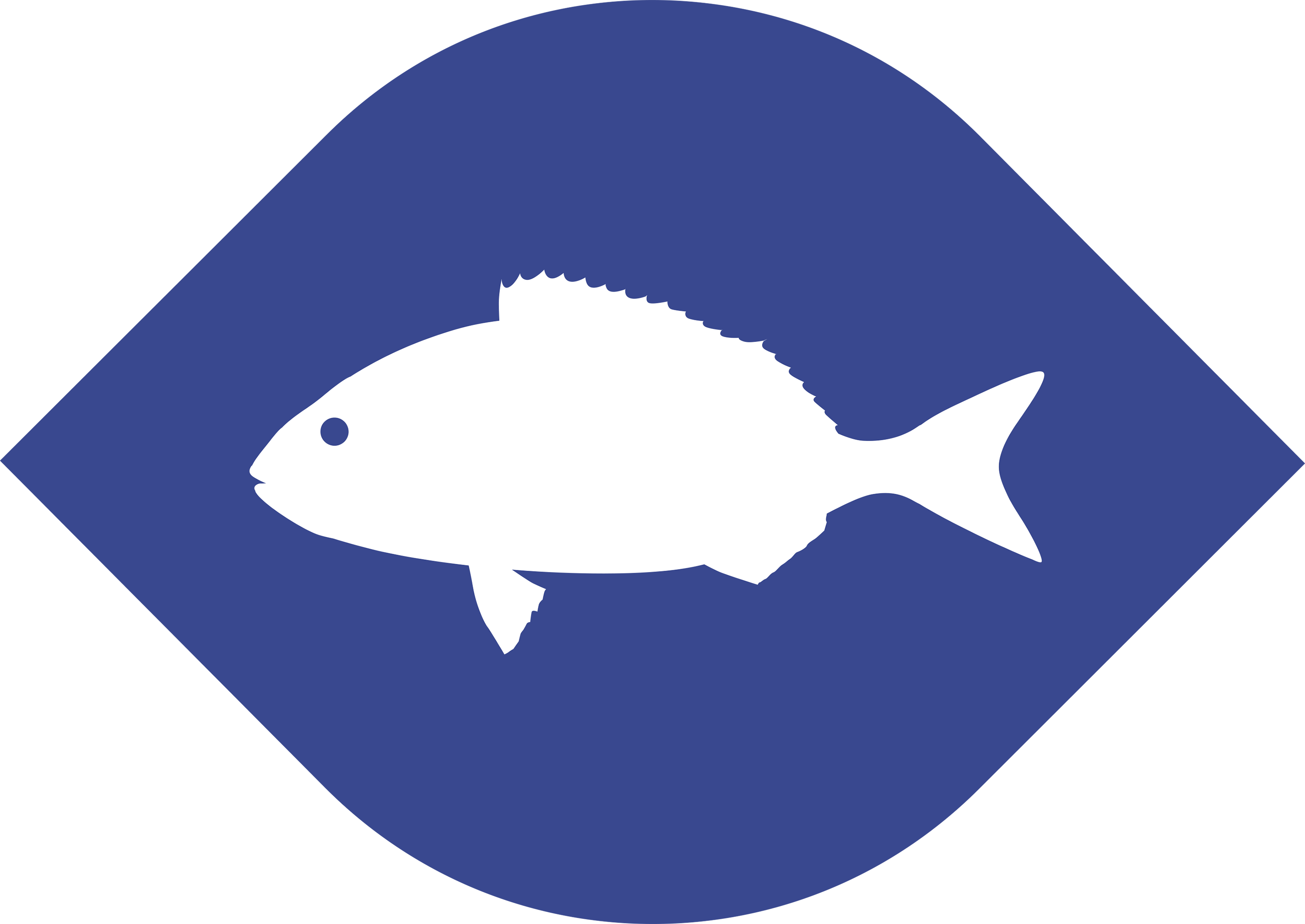
La presencia de ciertos peces representa una evidencia del calentamiento de las aguas. Encuentra ejemplares de estas y otras especies para estudiar la ictifoauna mediterránea y sus variaciones.
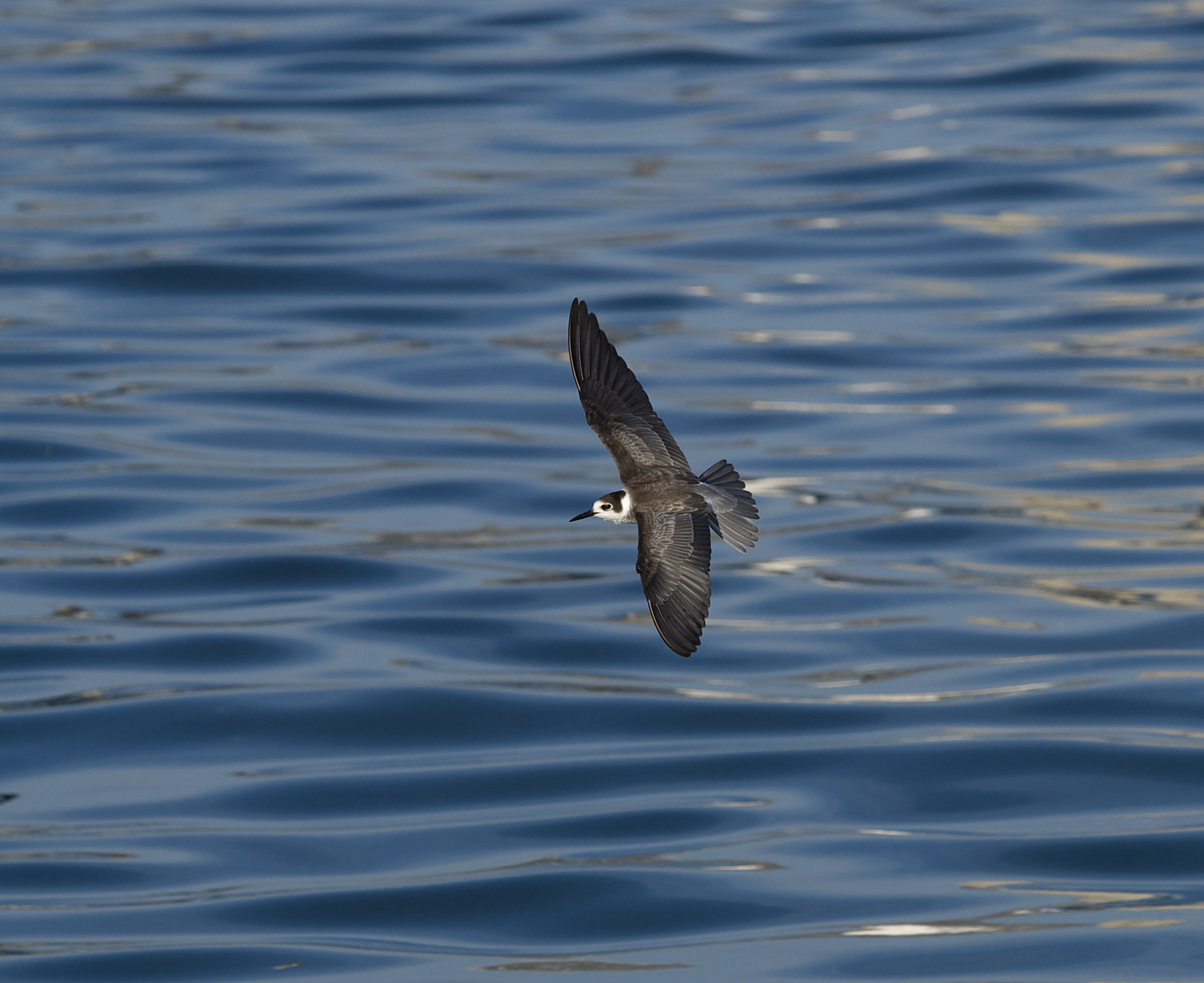
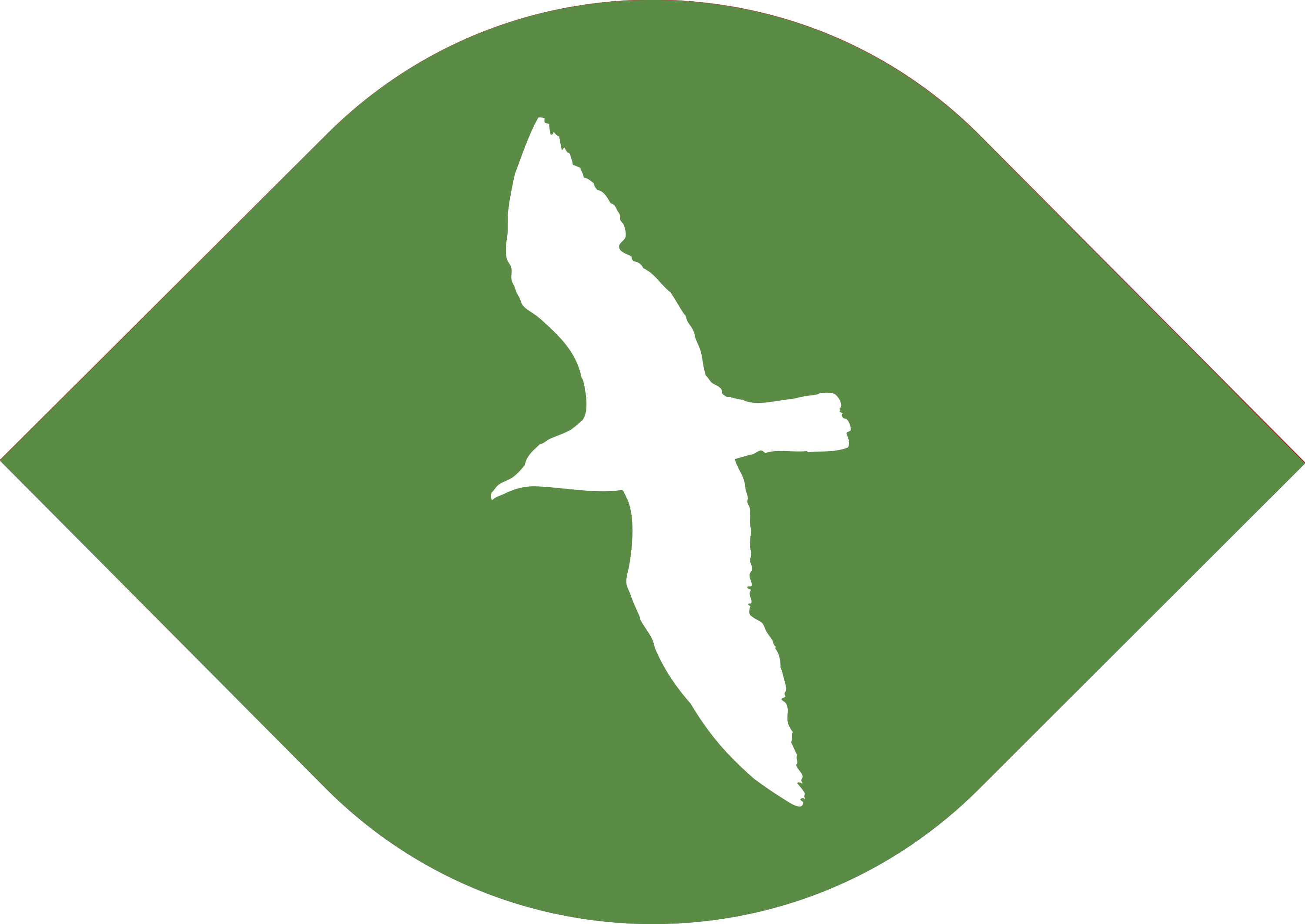
Identifica y fotografía las aves que observes desde el mar en distintas épocas del año. Esta información permite conocer mejor sus hábitos y estudiar las condiciones que favorecen su presencia.
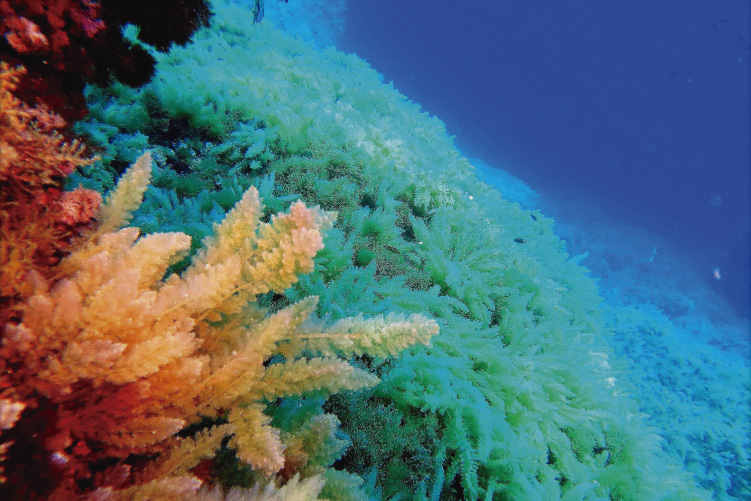
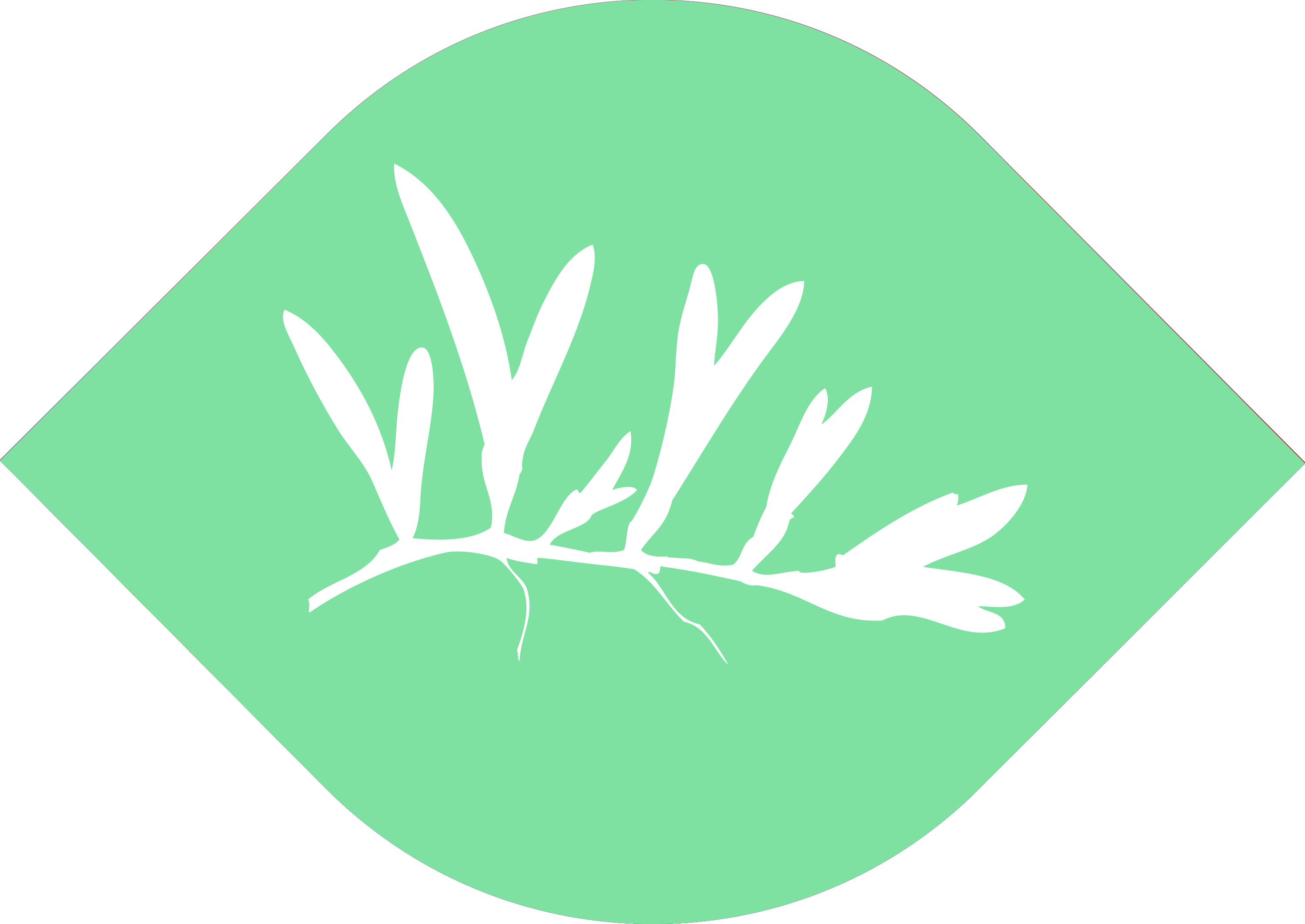
Las especies invasoras pueden desplazar a las autóctonas y causar un impacto sobre el equilibrio de los ecosistemas. Alerta de la presencia y expansión de algas invasoras y facilita su seguimiento.
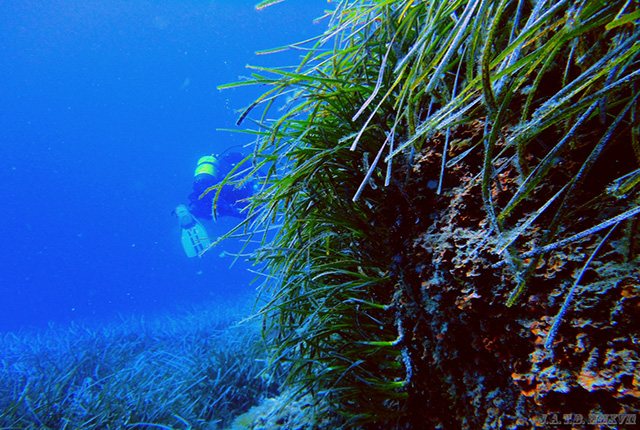

Especies como la Posidonia oceanica forman praderas con un papel crucial en los ecosistemas mediterráneos. Recoge evidencias de su reproducción, biología y ecología así como signos del impacto humano.
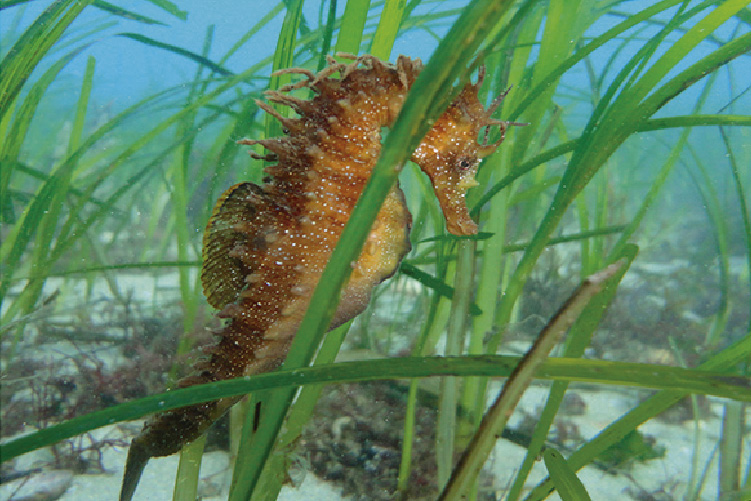
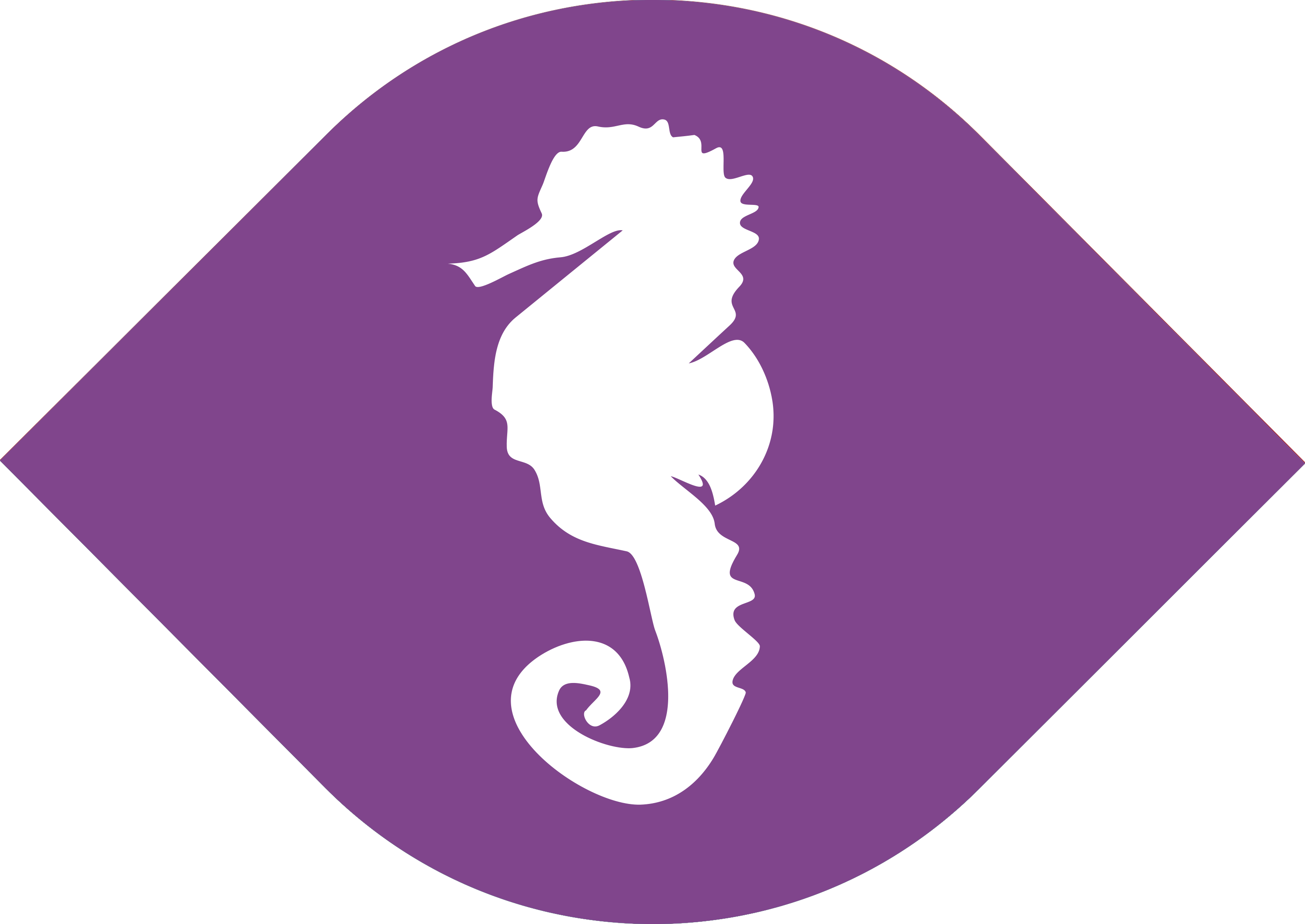
Los caballitos y las pipas de mar son muy sensibles a las perturbaciones del medio. Informa de su presencia y del estado de su hábitat para estudiar su vulnerabilidad y tomar medidas de conservación.
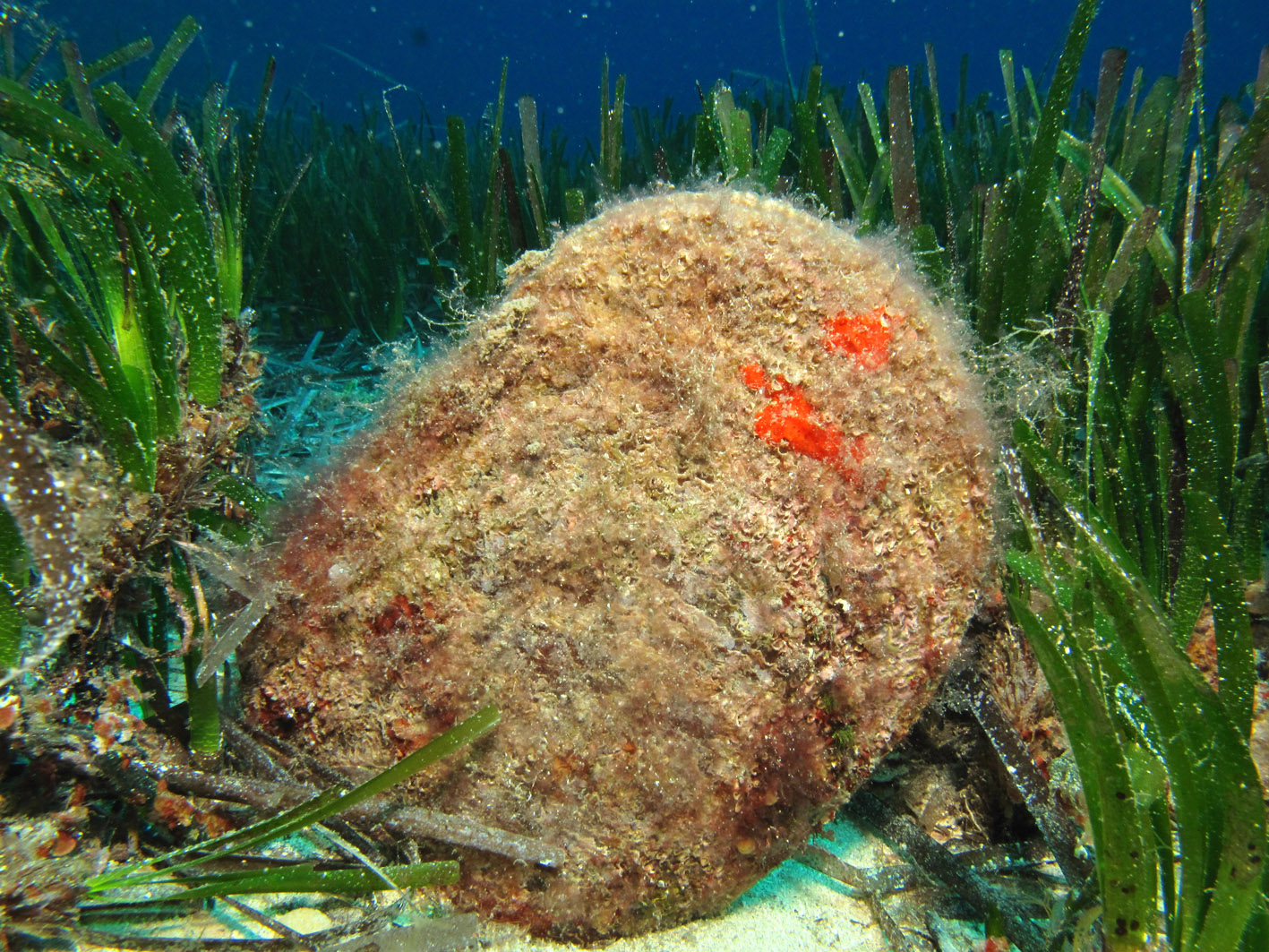
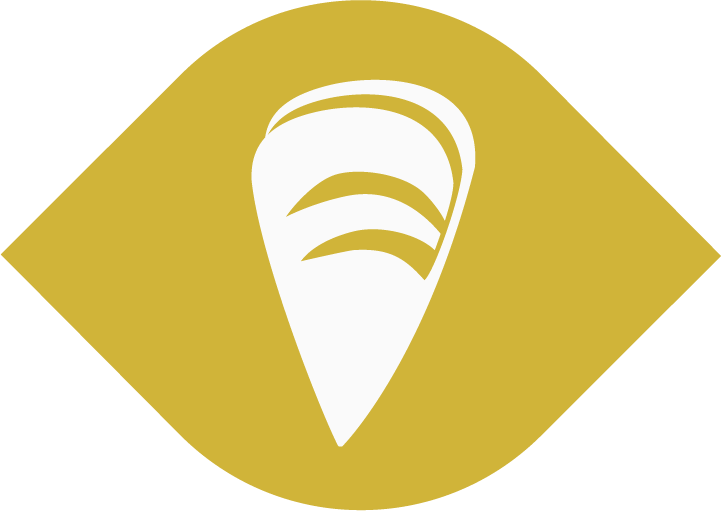
Un agente patógeno está causando la desaparición de este gran molusco ya amenazado por la contaminación, la pesca o la pérdida de hábitats. Observa nacras en su entorno e informa de su estado de salud.
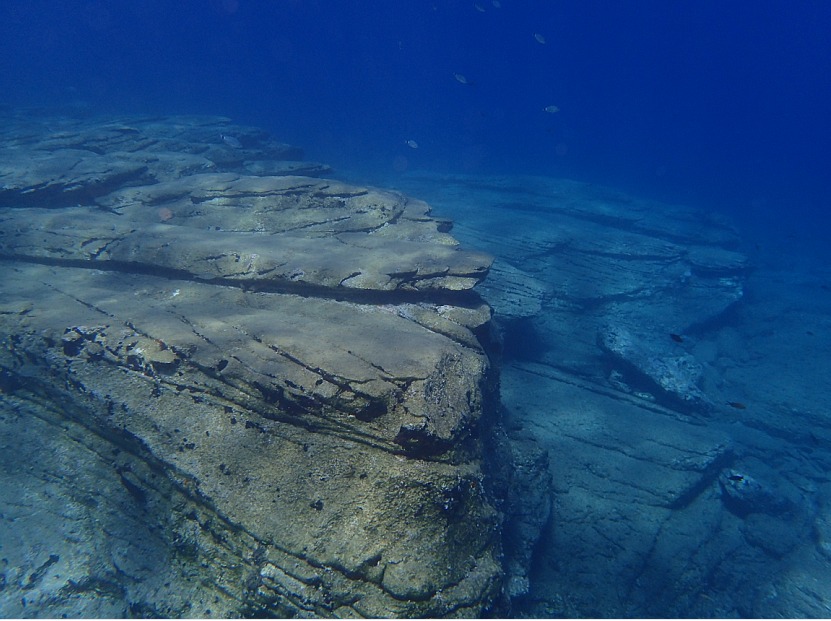
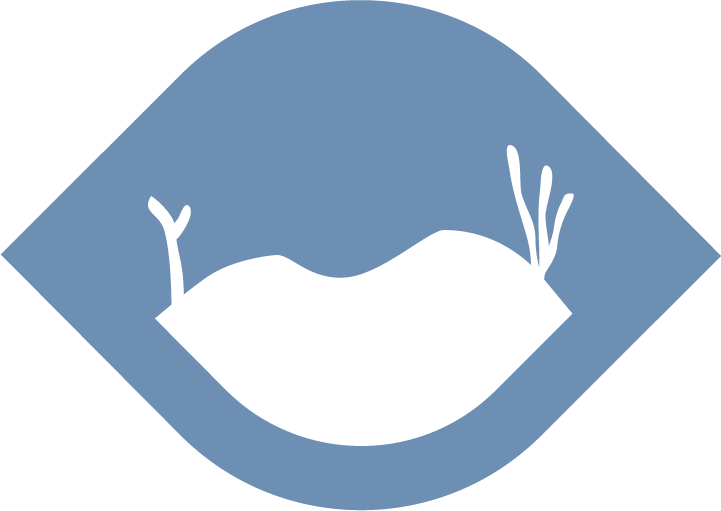
La sobrepesca, especies invasoras de peces y el cambio climático transforman los bosques submarinos en zonas totalmente desprovistas de algas. Localiza estos blanquizales e informa de su tamaño.
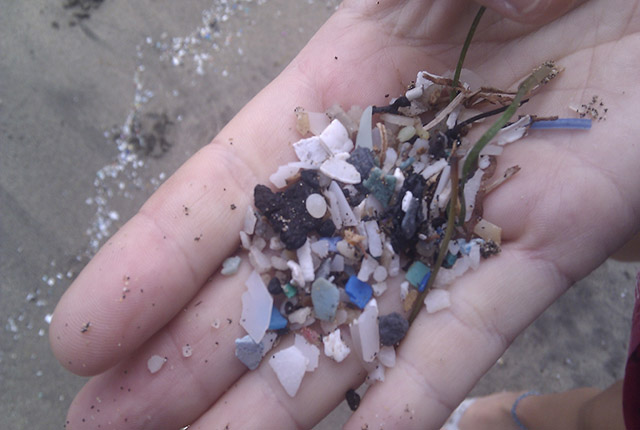
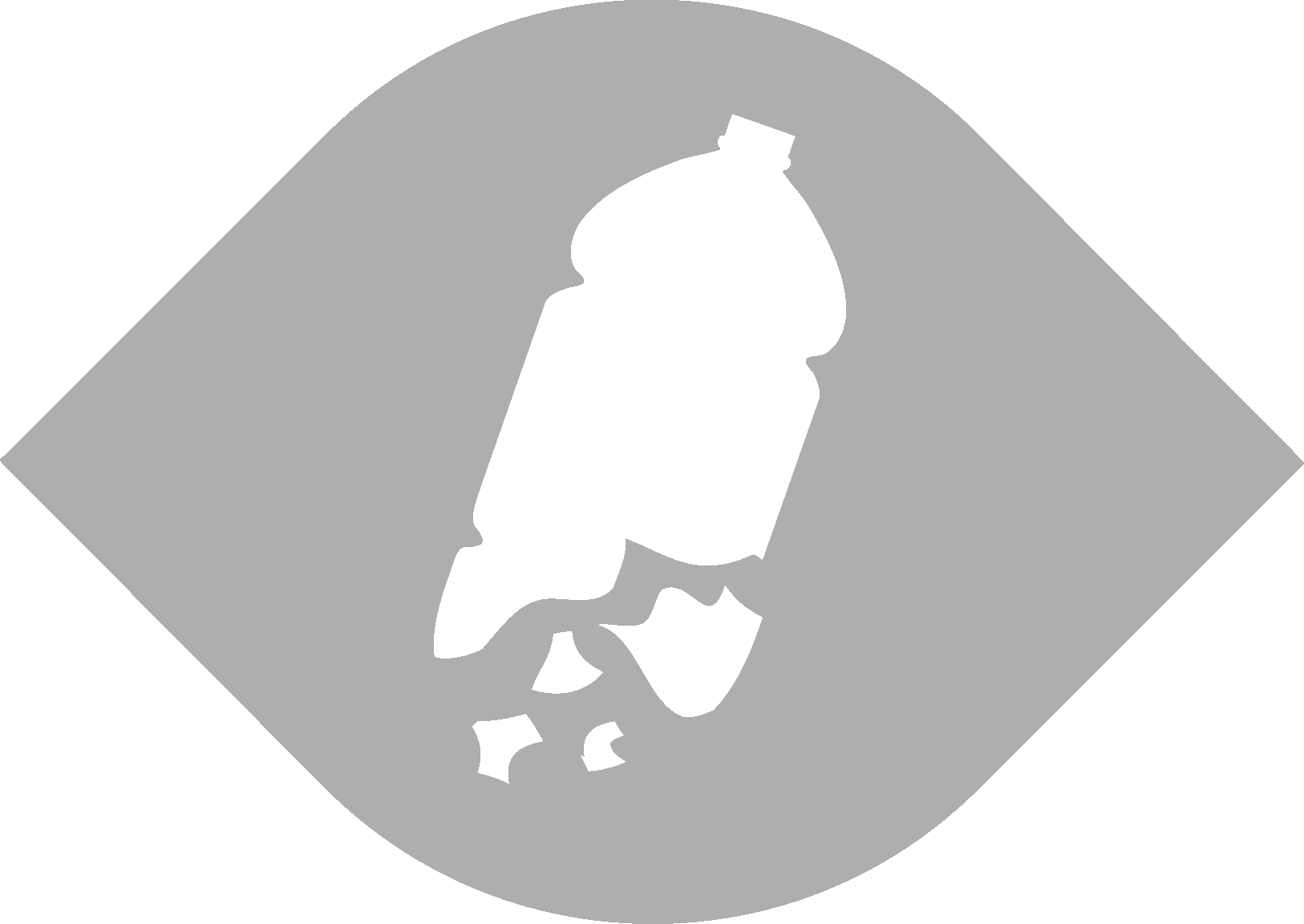
Los plásticos acumulados en mares y océanos son un problema global que impacta en los ecosistemas. Únete a la red de muestreos para cuantificar microplásticos en playas y haz de altavoz del problema.
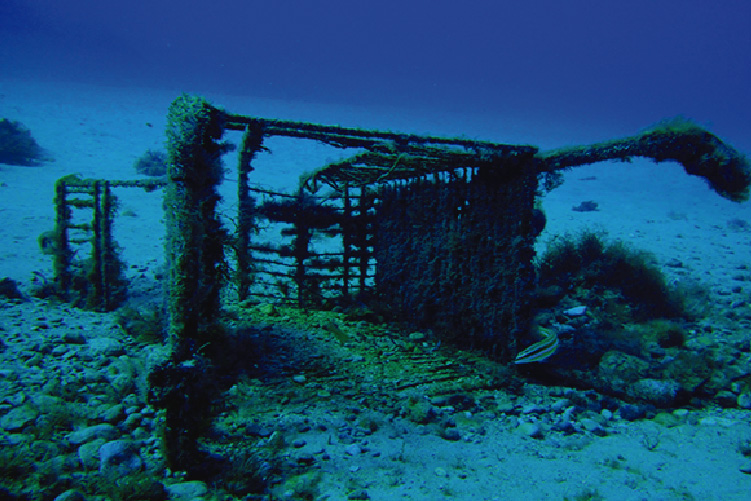

El tráfico marítimo, la pesca y los ríos traen al mar todo tipo de basura. Informa de los residuos acumulados en el fondo y en el agua para estudiar su impacto en el medio marino y mejorar su gestión.
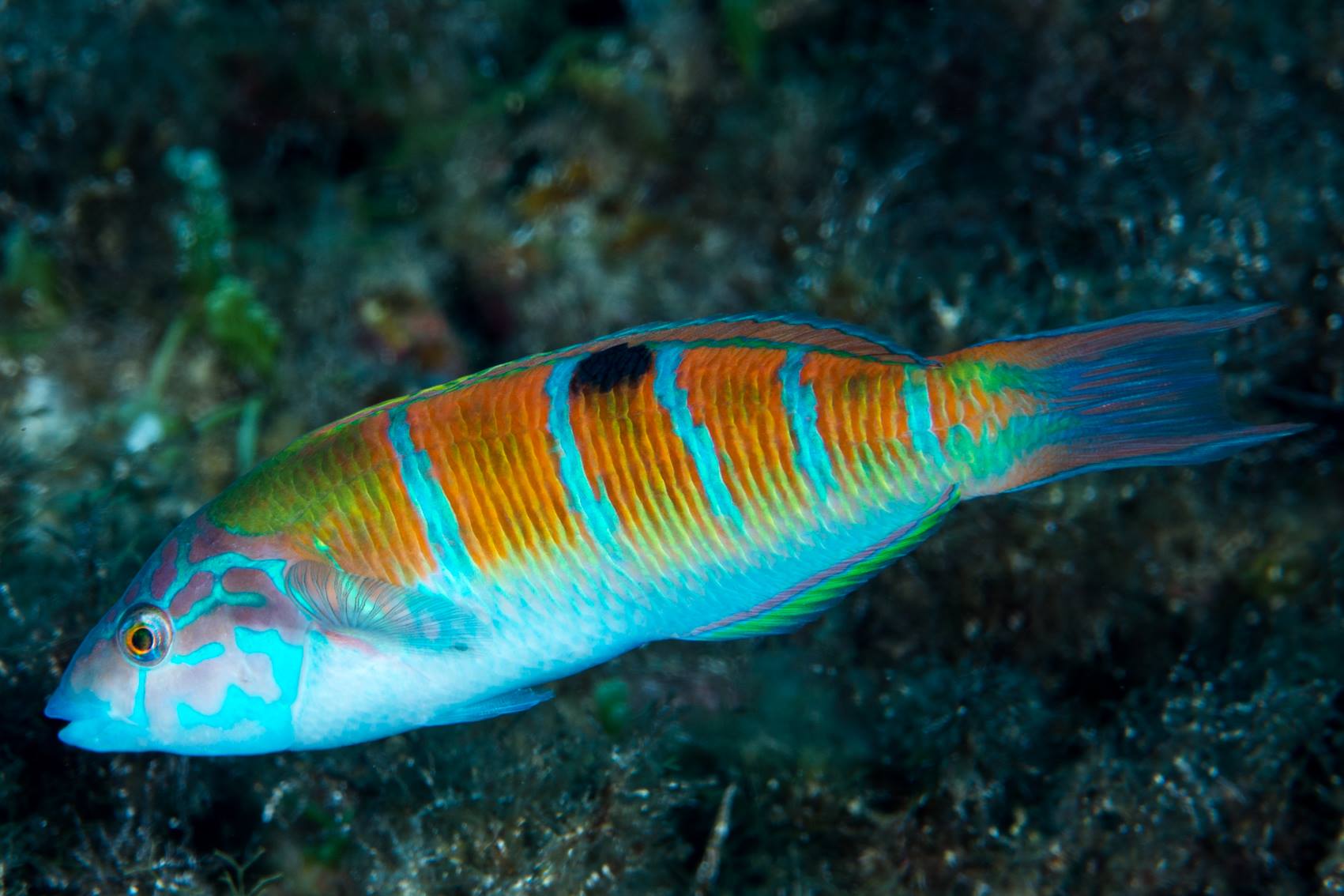
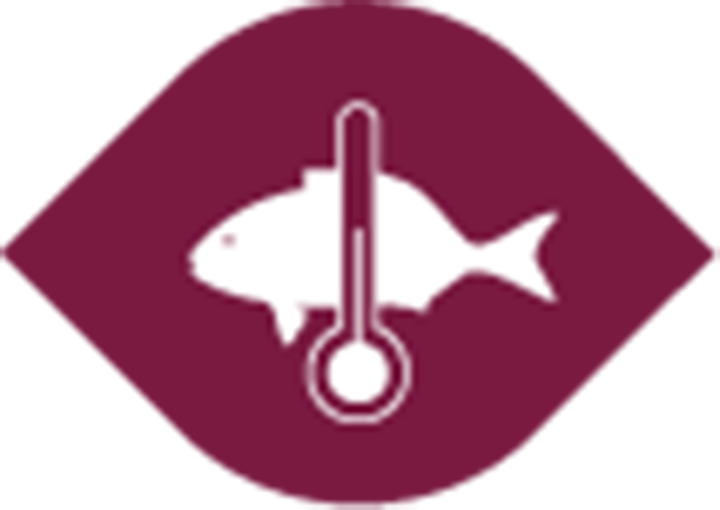
El cambio climático está modificando rápidamente la distribución de las especies mediterráneas y los peces se encuentran entre los mejores indicadores para monitorear este fenómeno. ¡Contribuye a rastrear su abundancia regularmente!
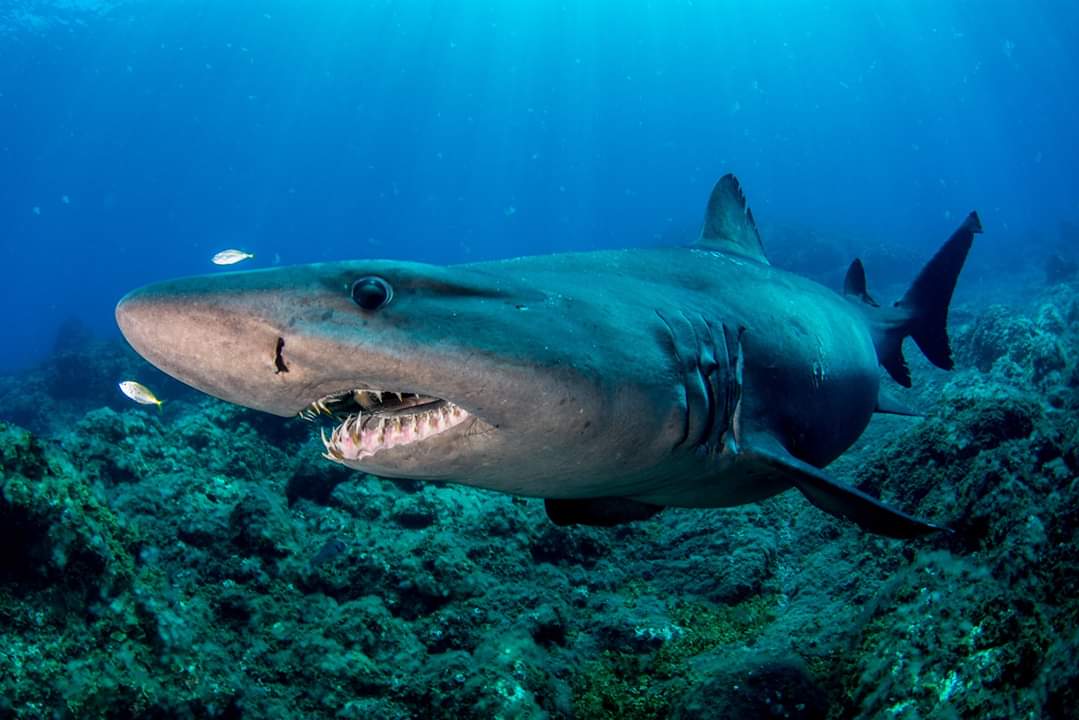
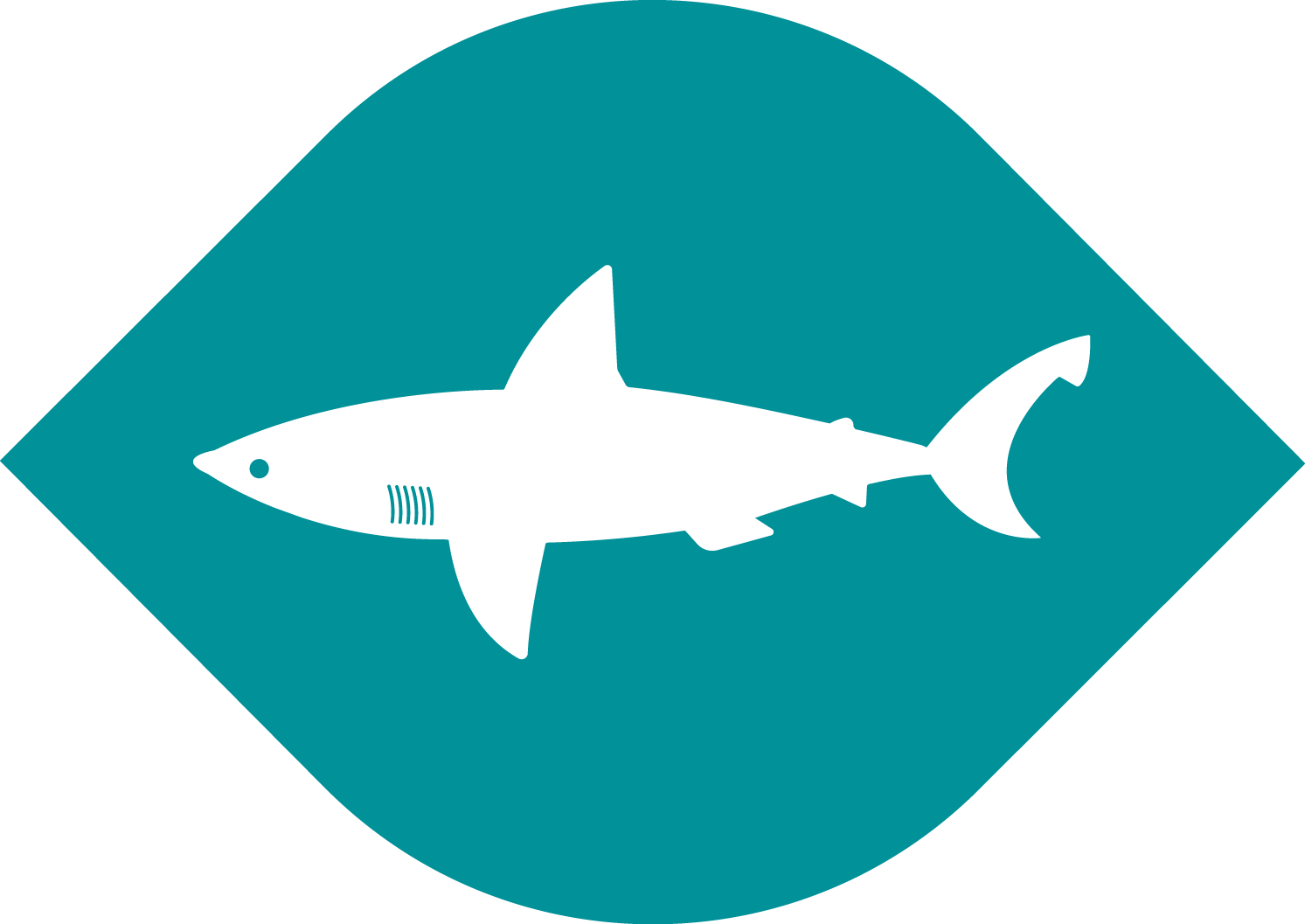
Los tiburones y las rayas son un grupo muy diverso y constituyen un elemento clave en la regulación de los ecosistemas marinos costeros y oceánicos.
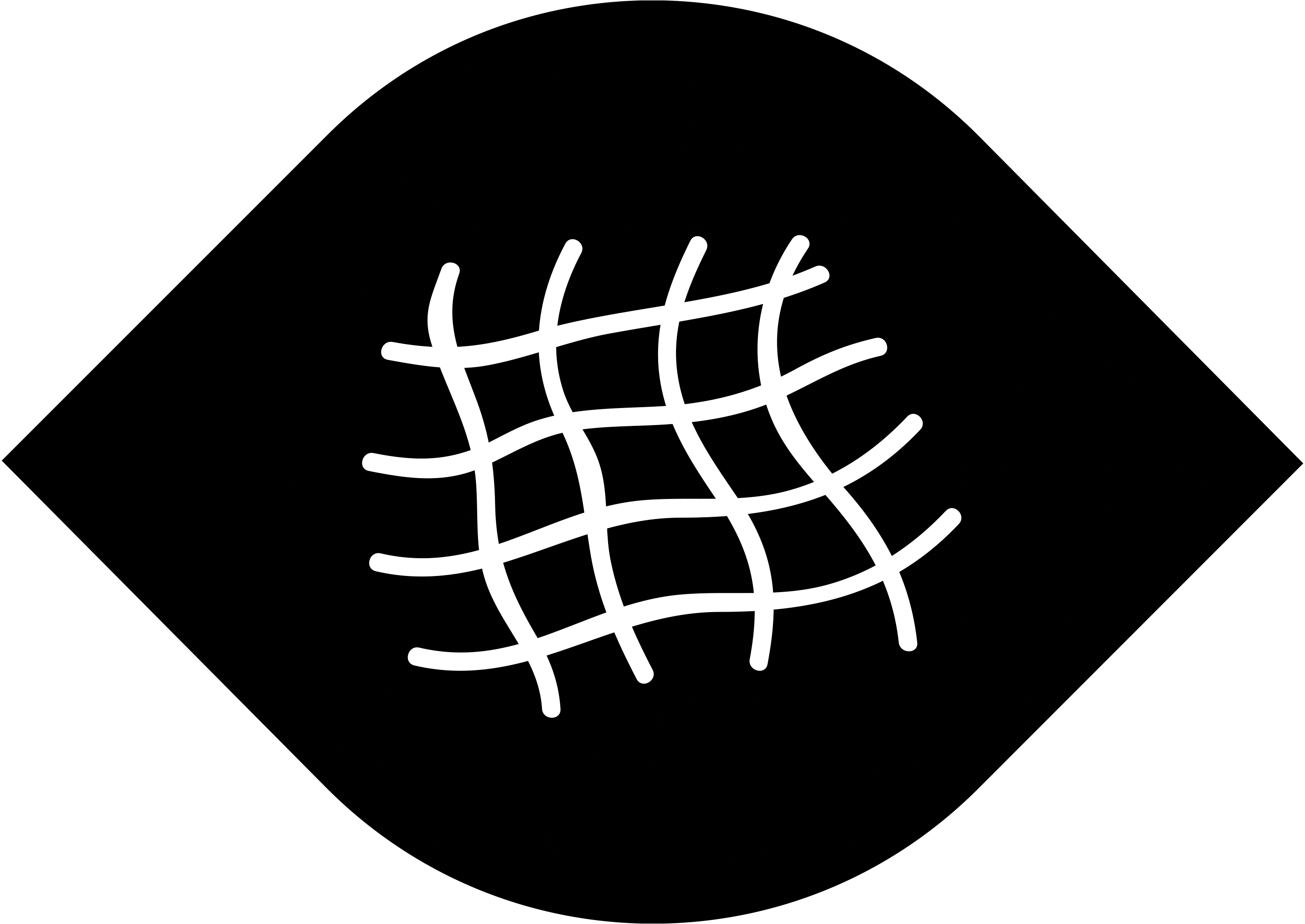
El proyecto Pesca Fantasma busca implicar a navegantes, pescadores y buceadores en la recopilación de datos fundamentales para la adopción de medidas de gestión de APPA (artefactos de pesca perdidos o abandonados).
Clubs de buceo, centros, universidades y otras entidades cubren distintas áreas de la costa para hacer un seguimiento ciudadano del estado del mar a lo largo del año.

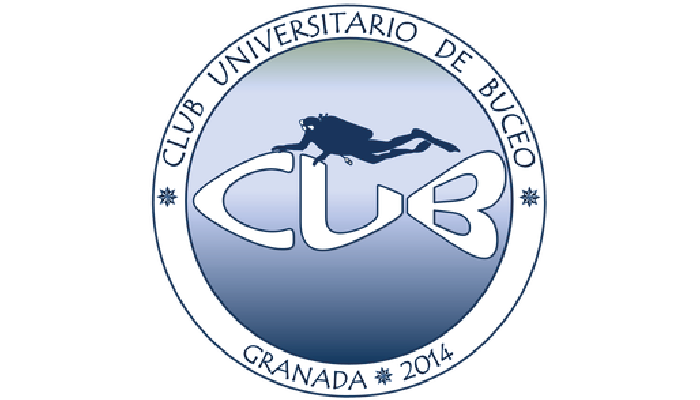
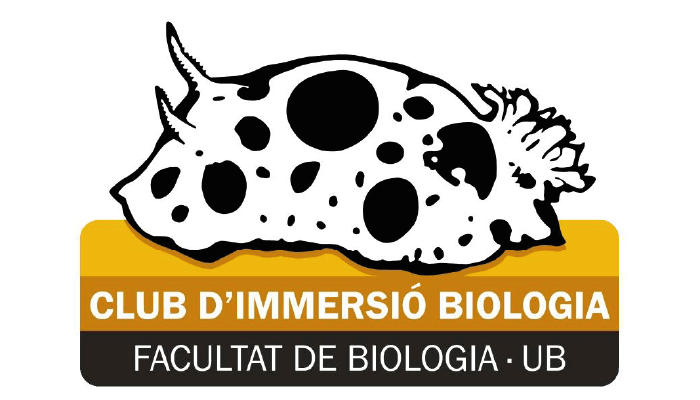
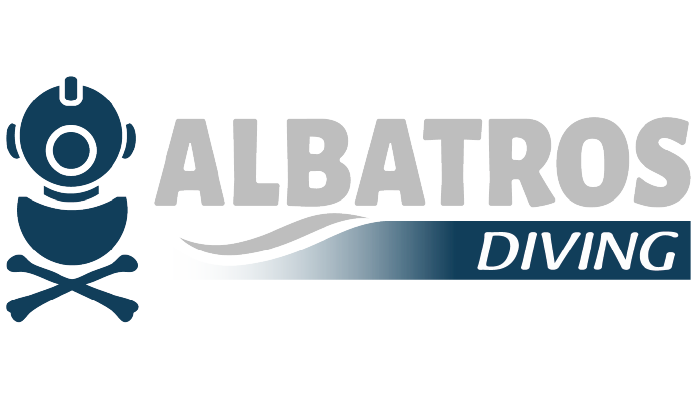

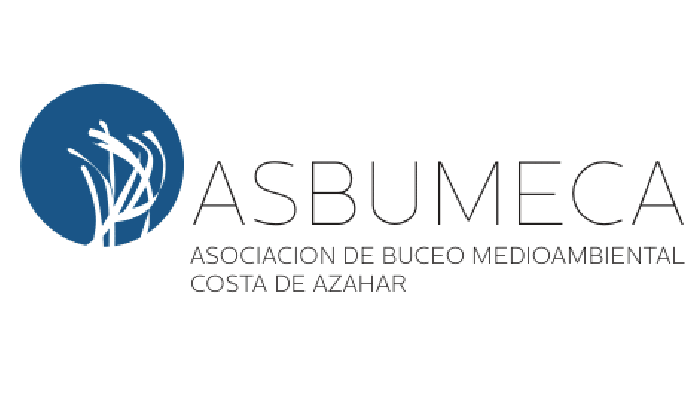
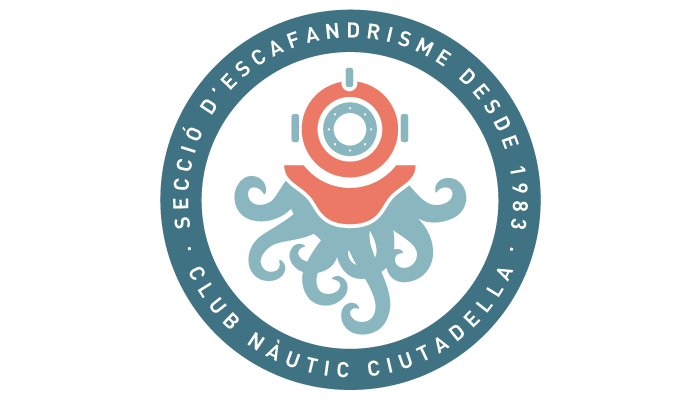
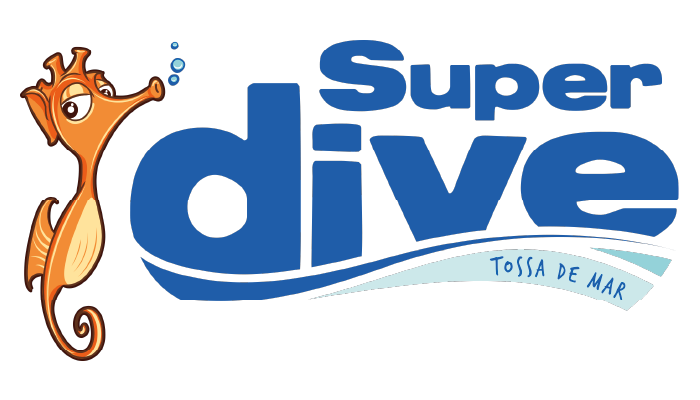


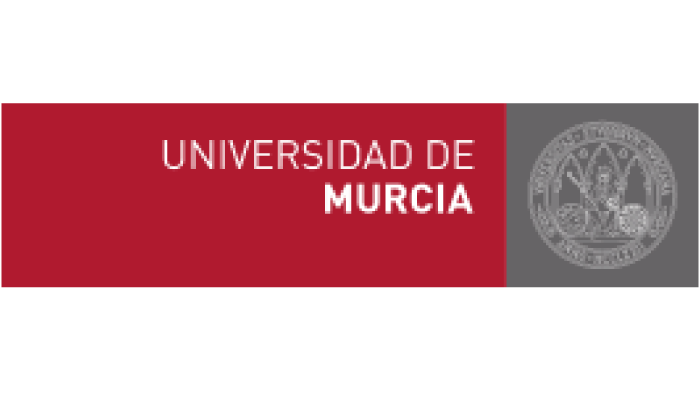

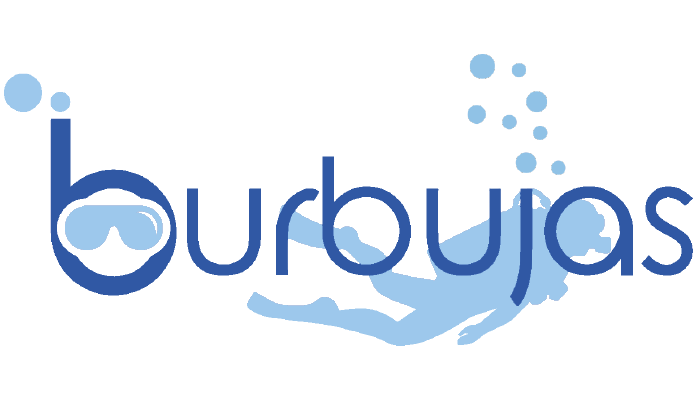
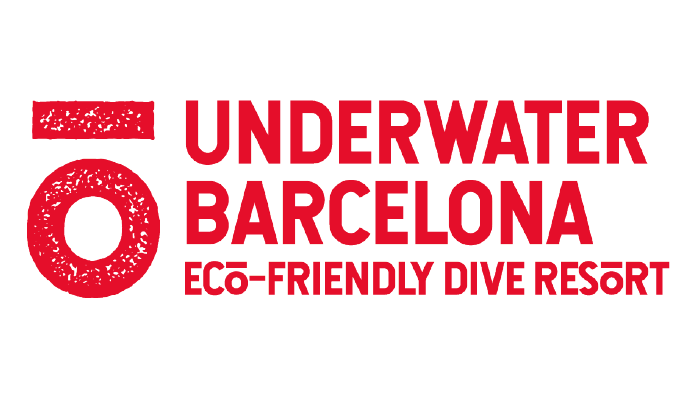
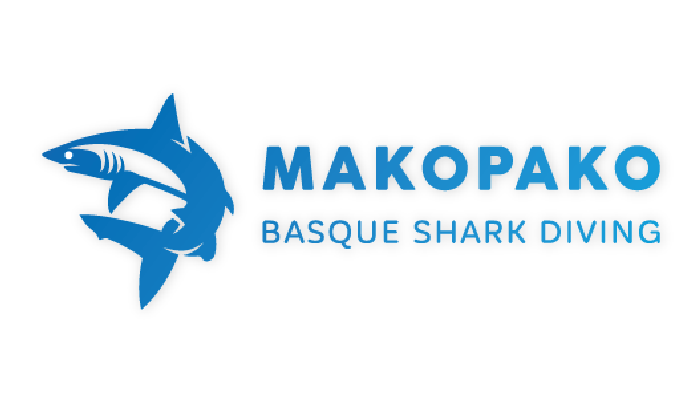

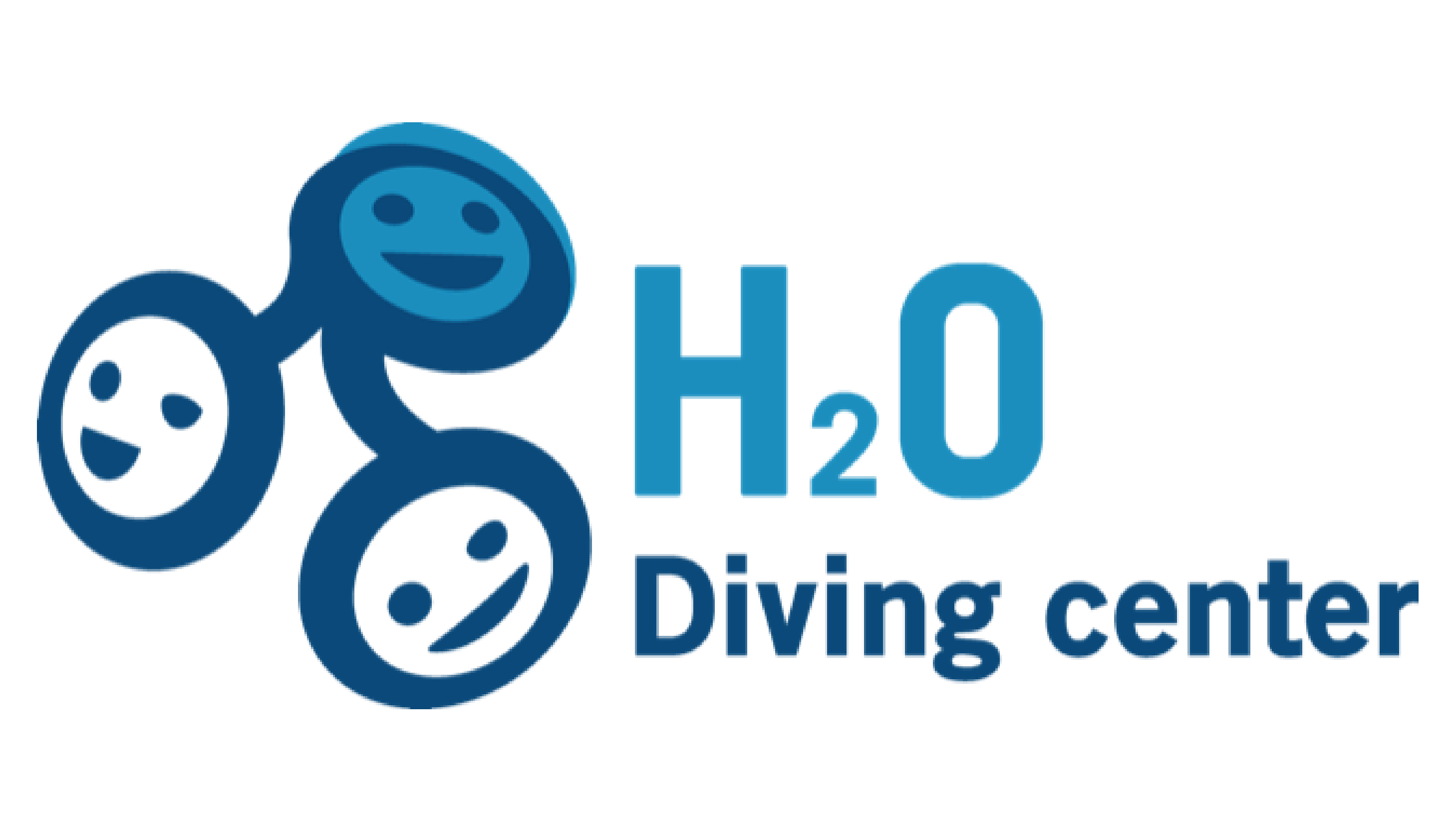
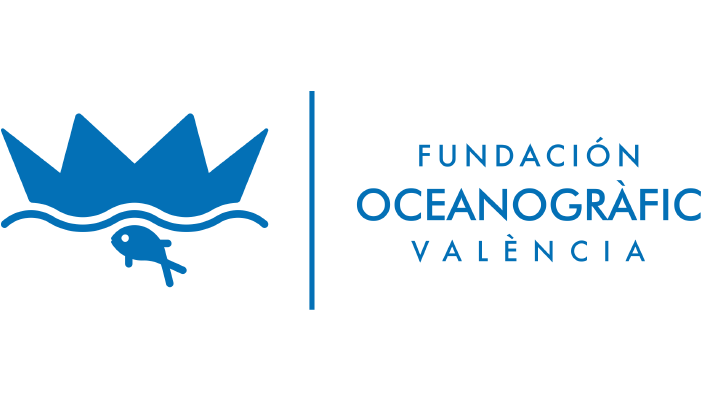
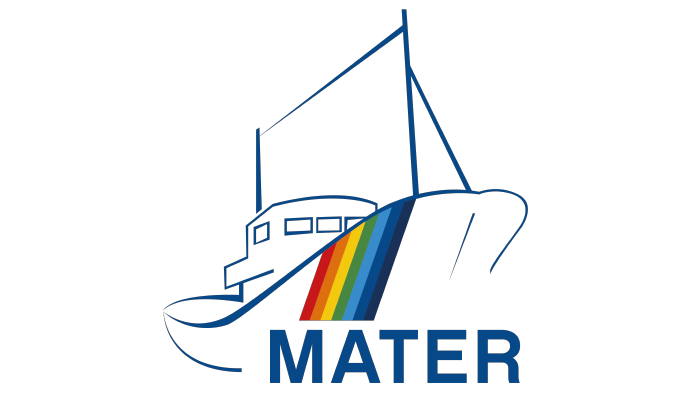
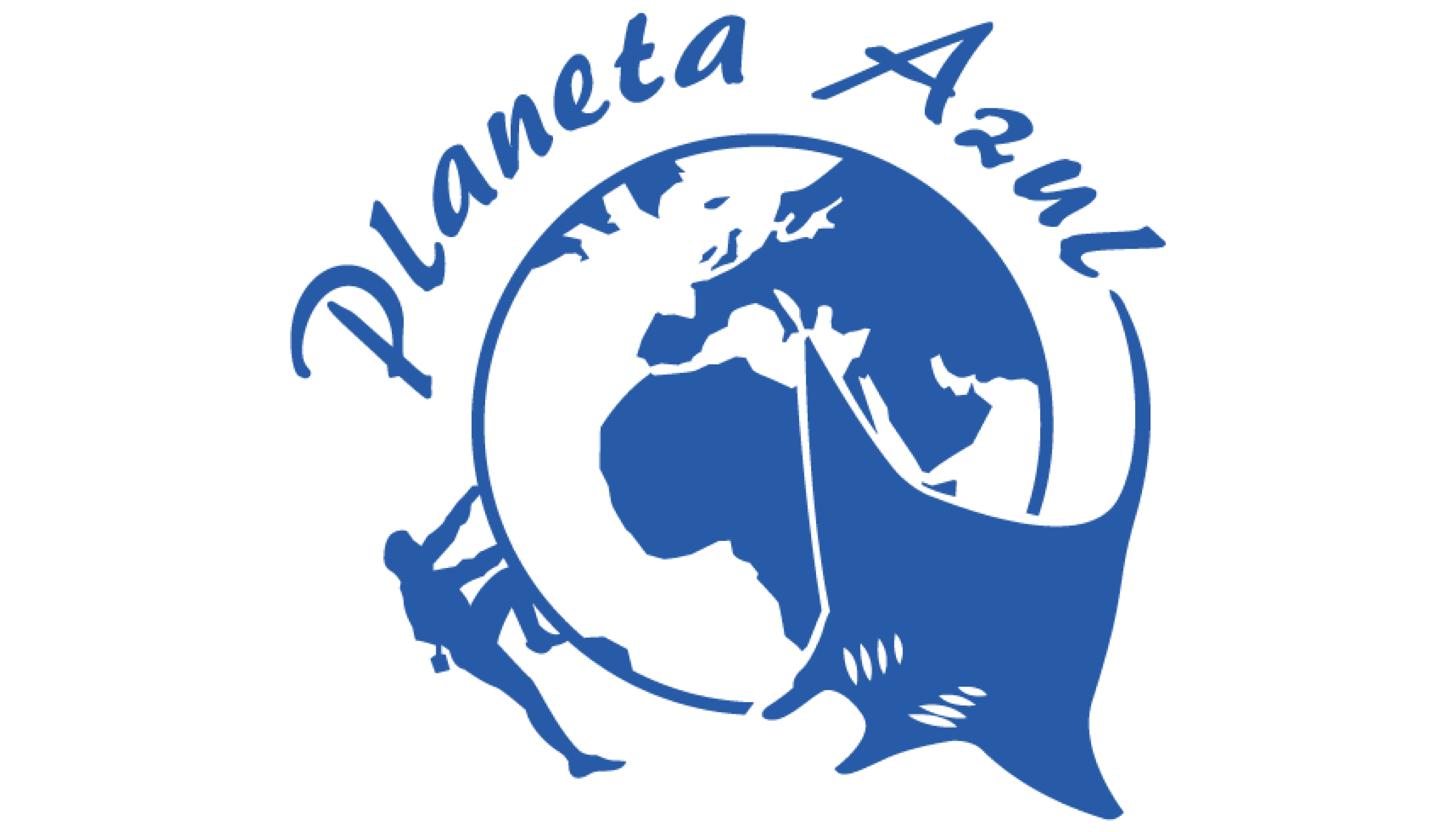


Entidades comprometidas que participan activamente haciendo de altavoz de la plataforma, los proyectos y actividades para dinamizar la ciudadanía con el fin de sensibilizar y contribuir a mejorar la conservación del medio marino.


